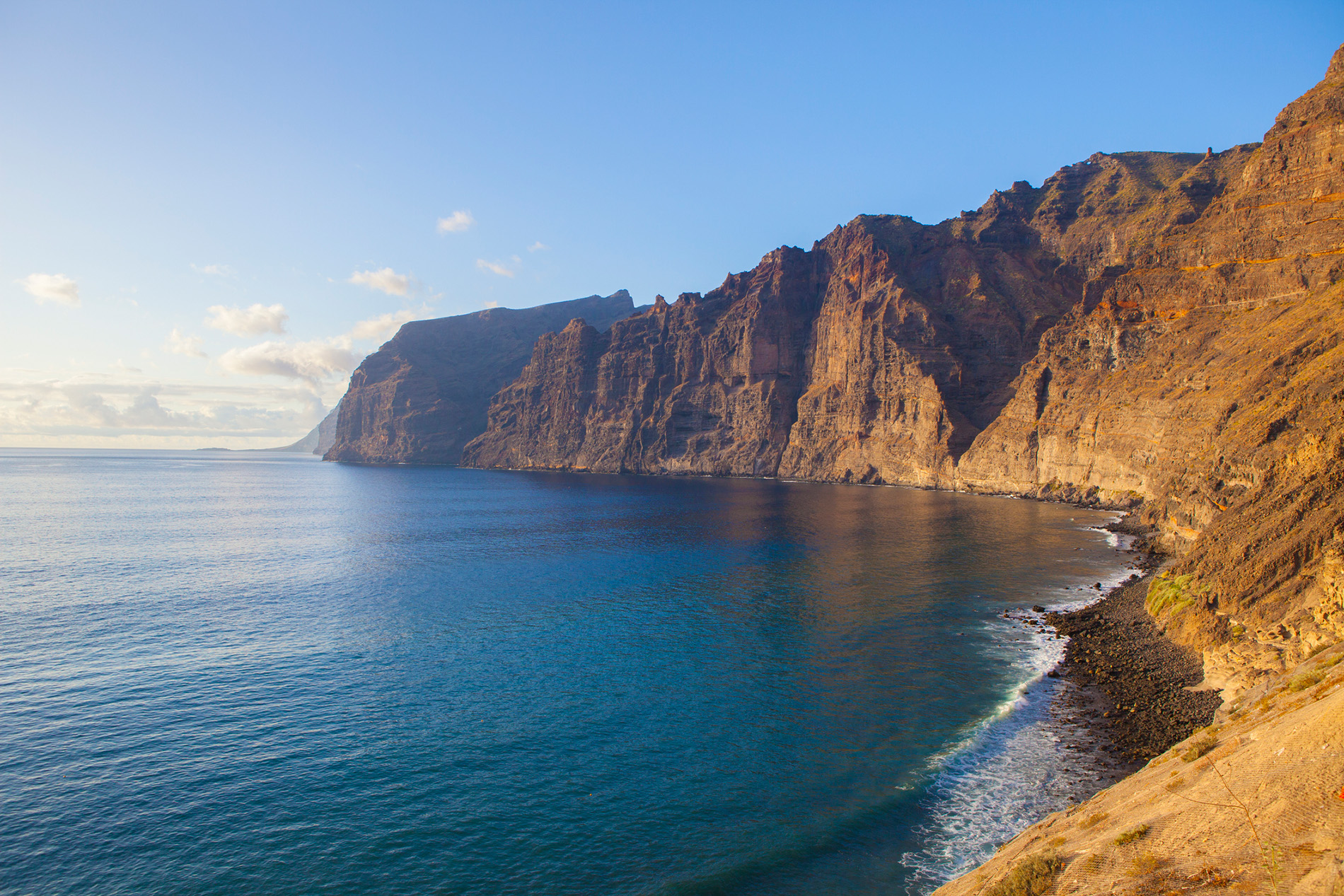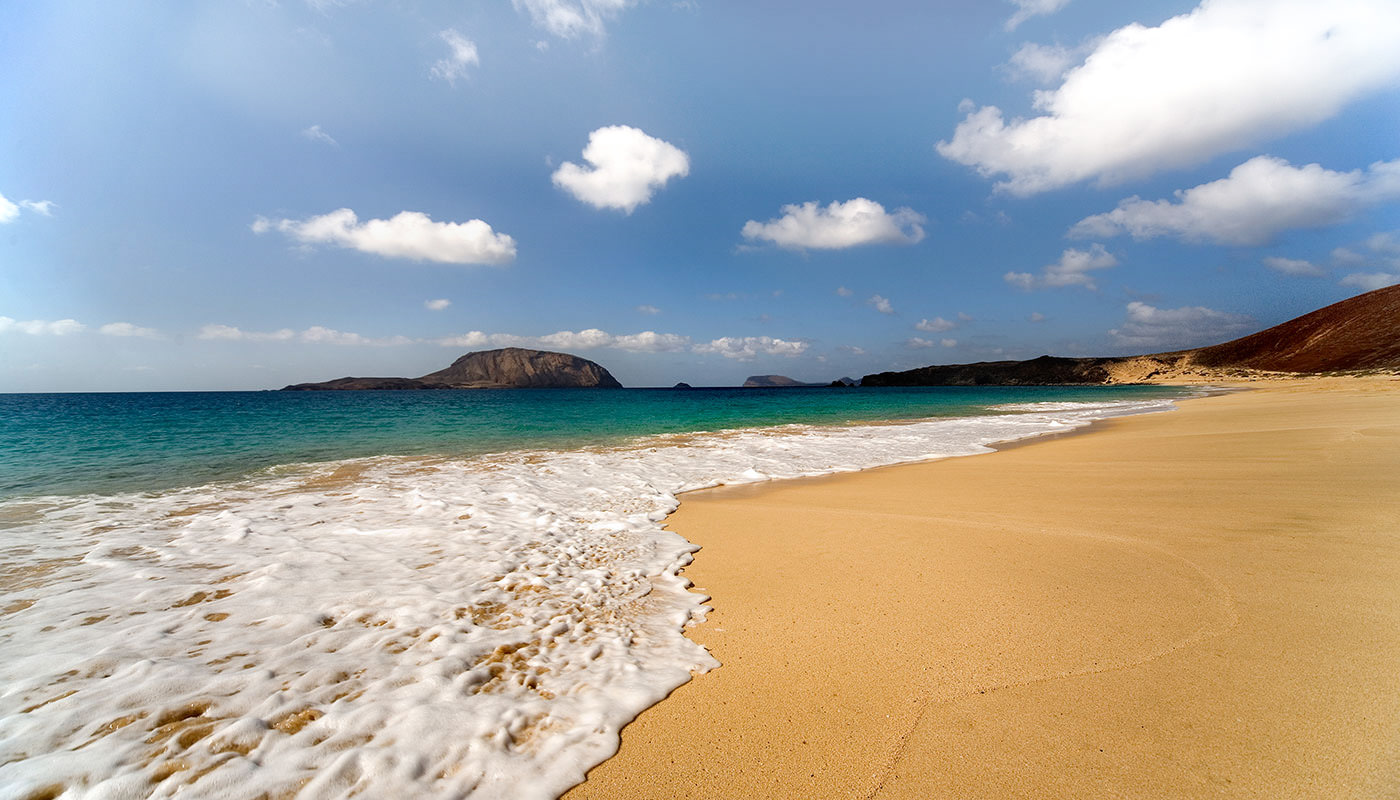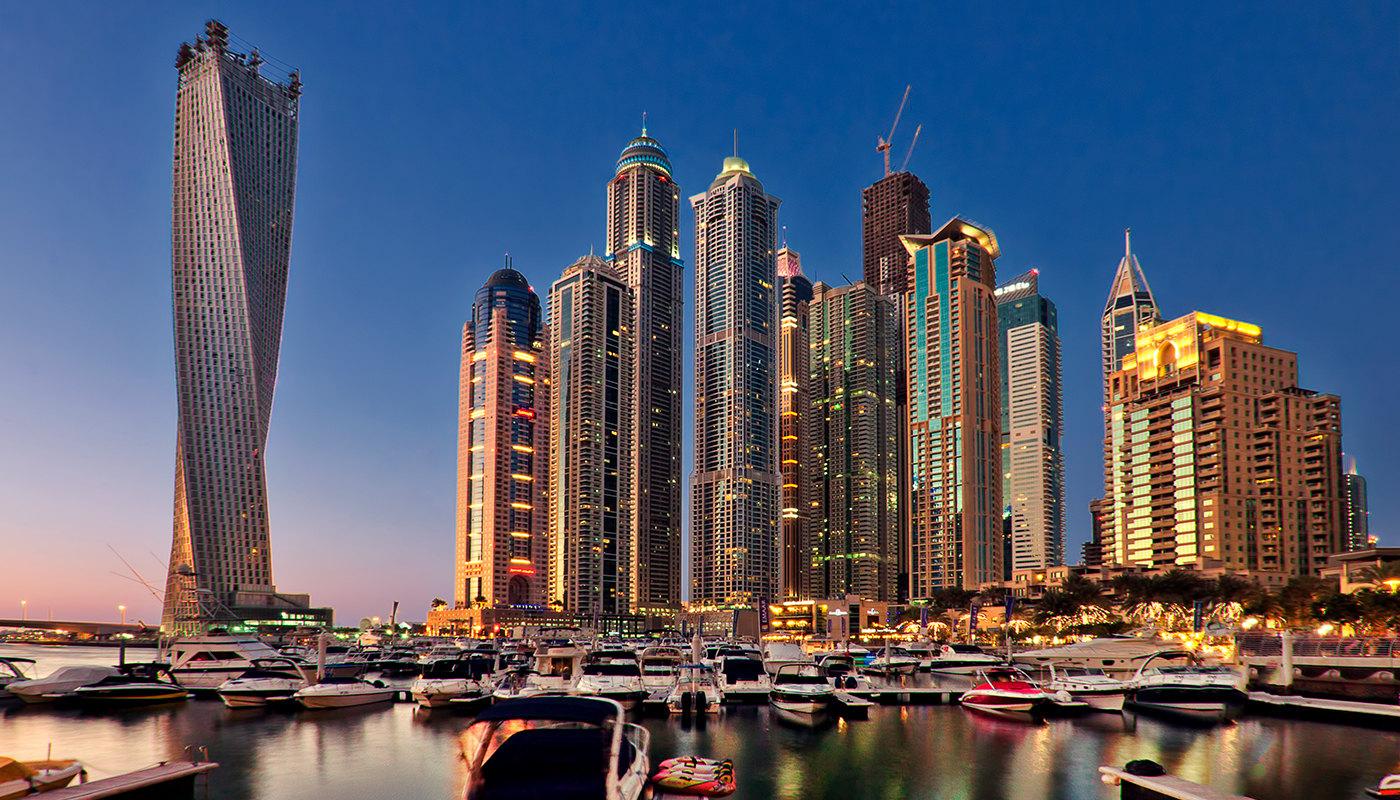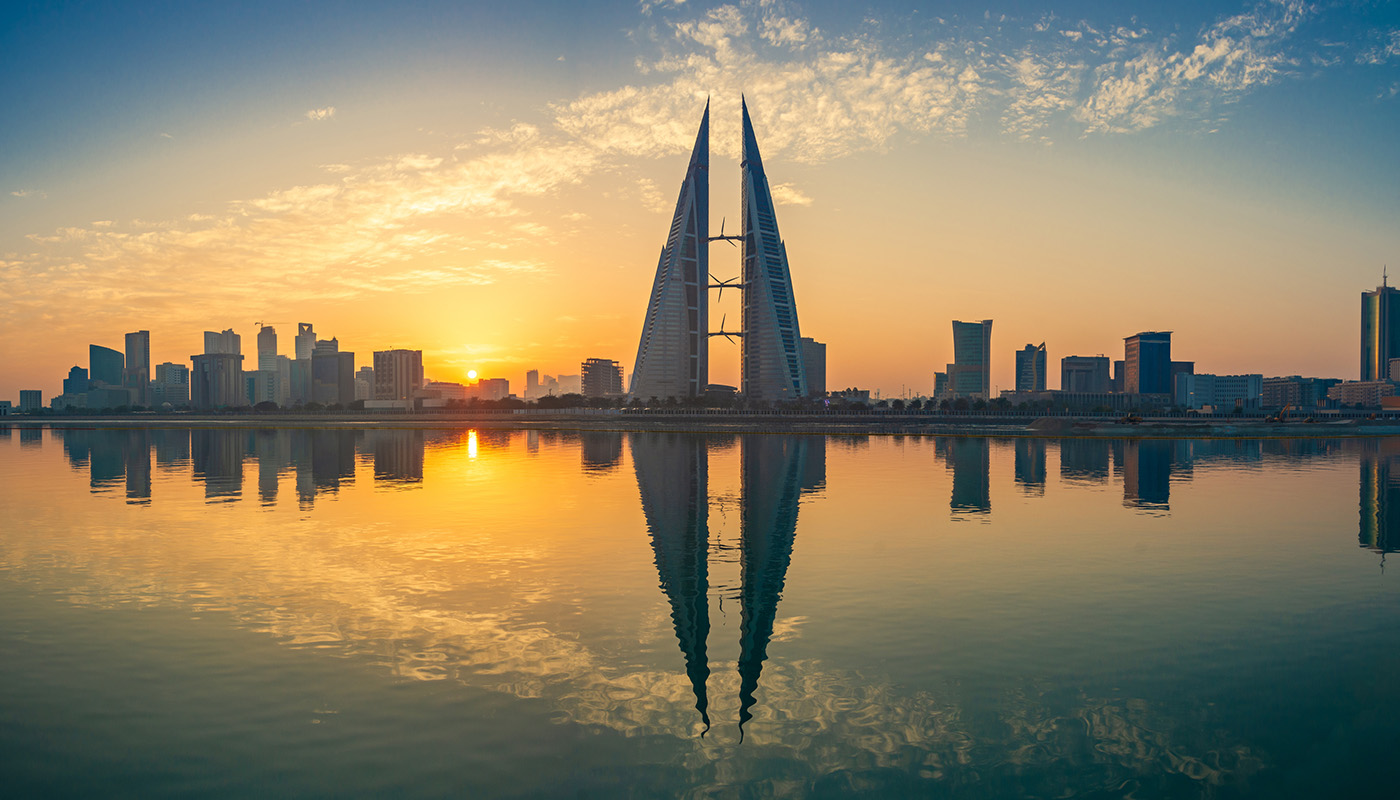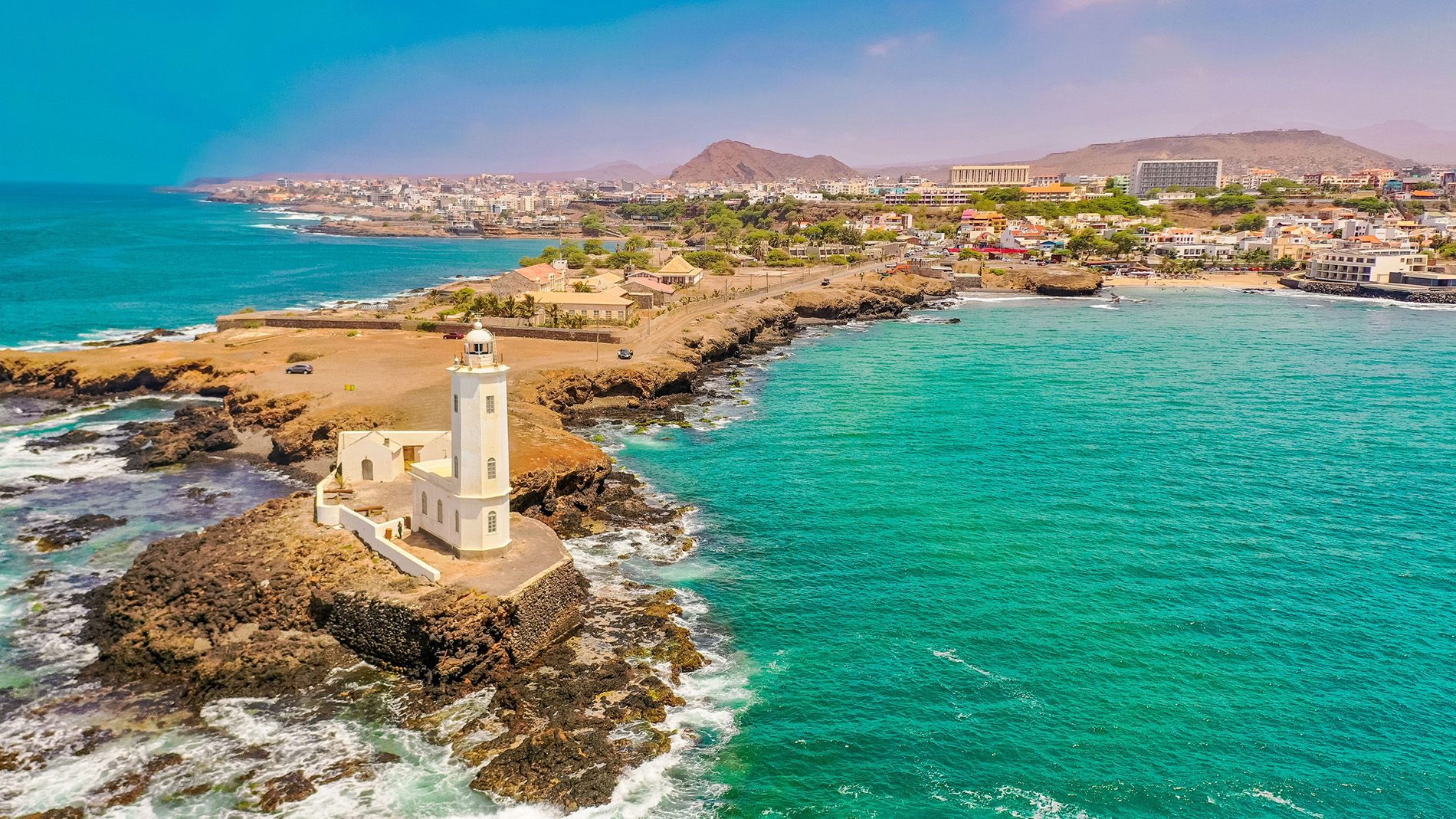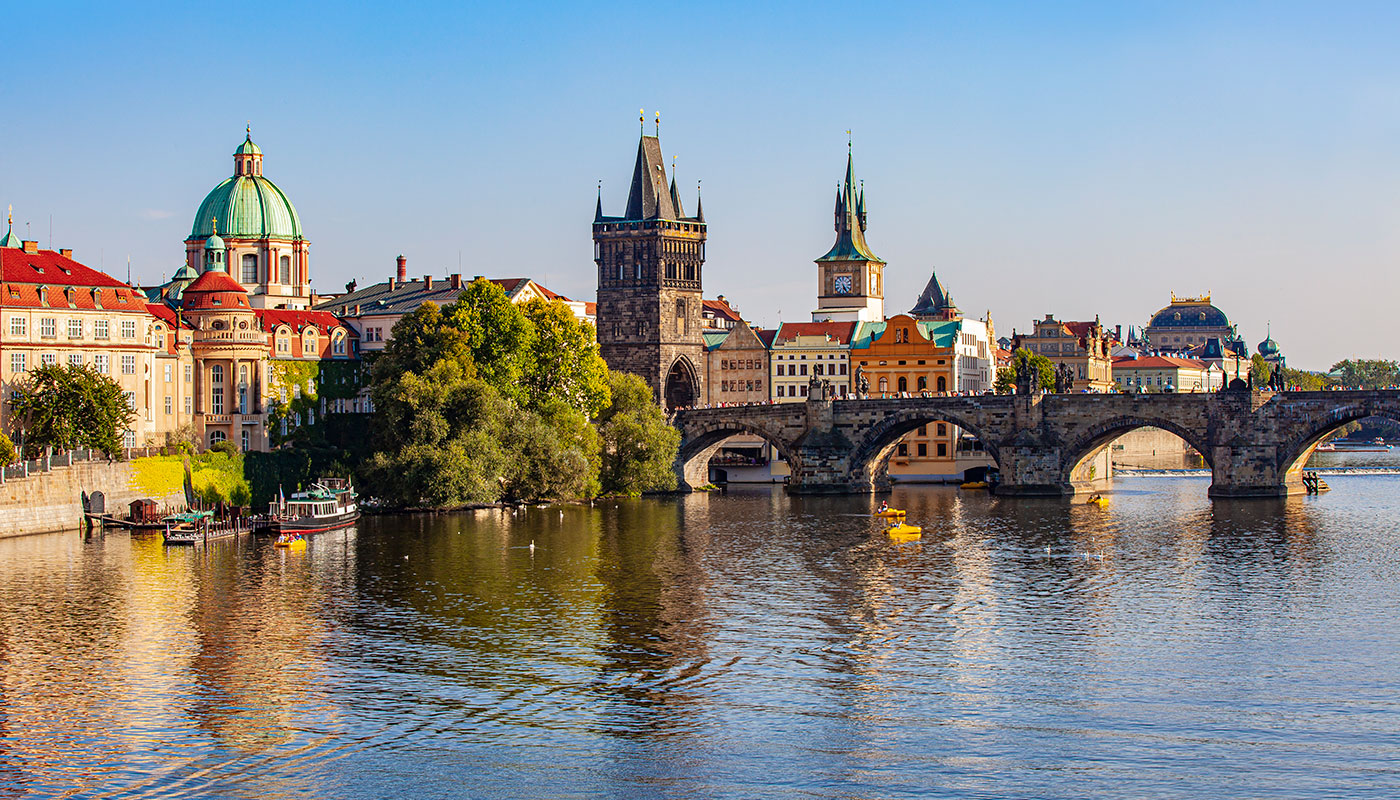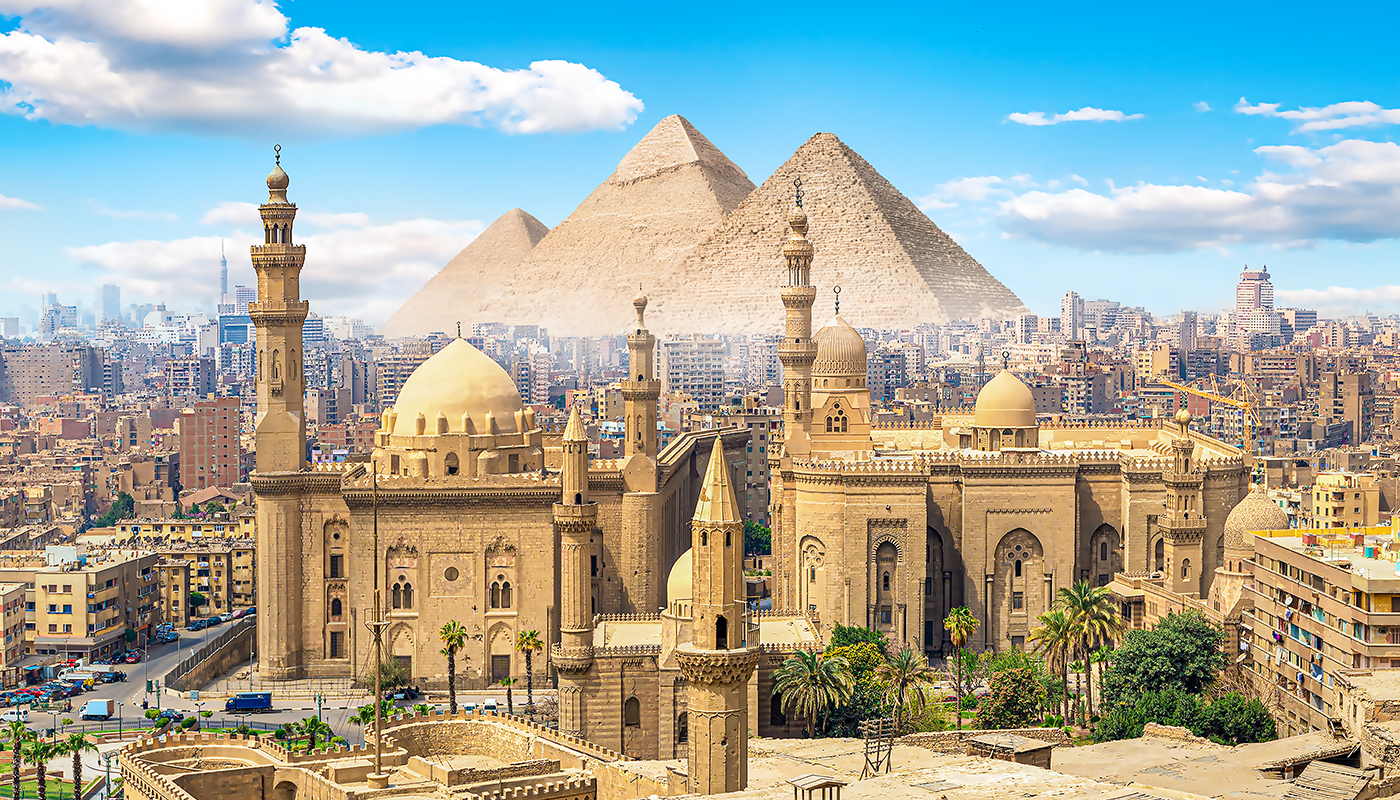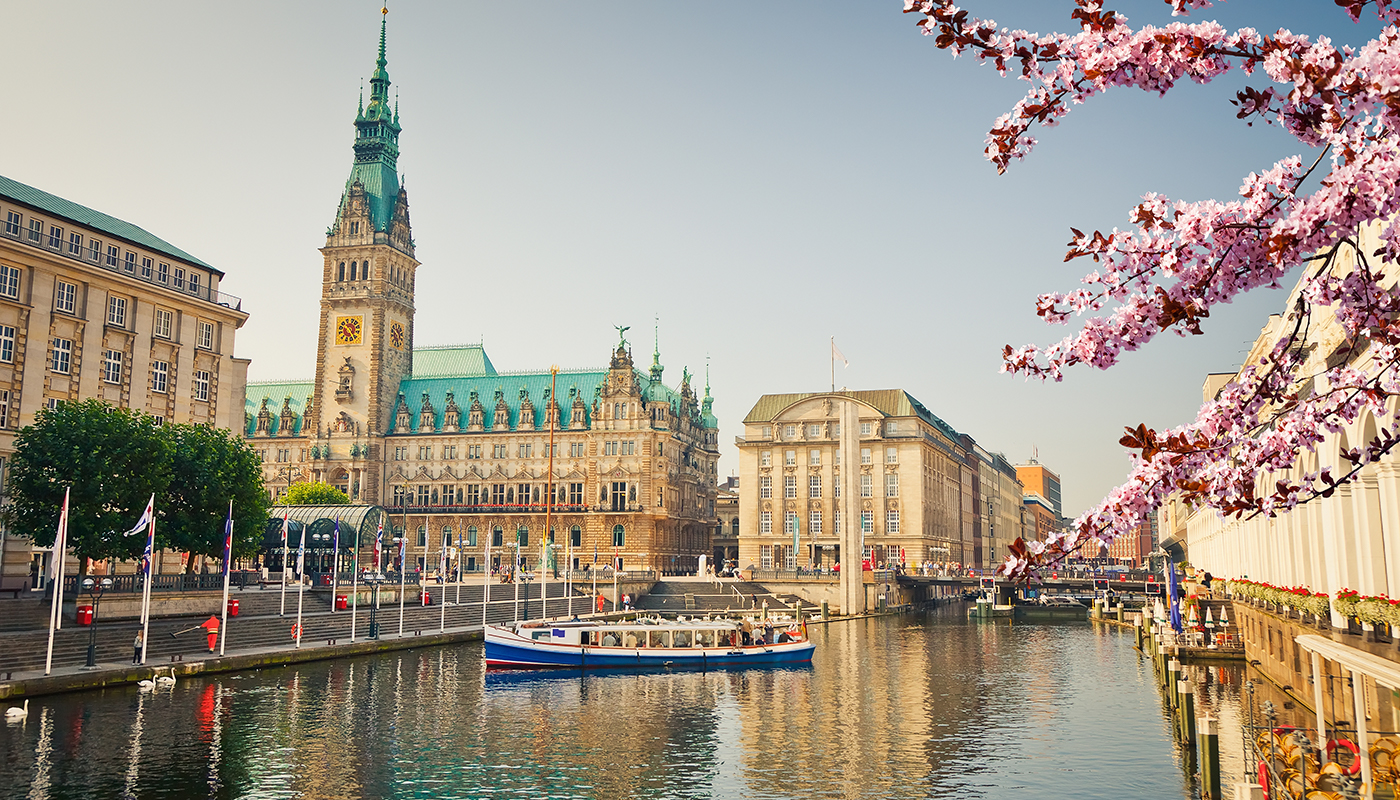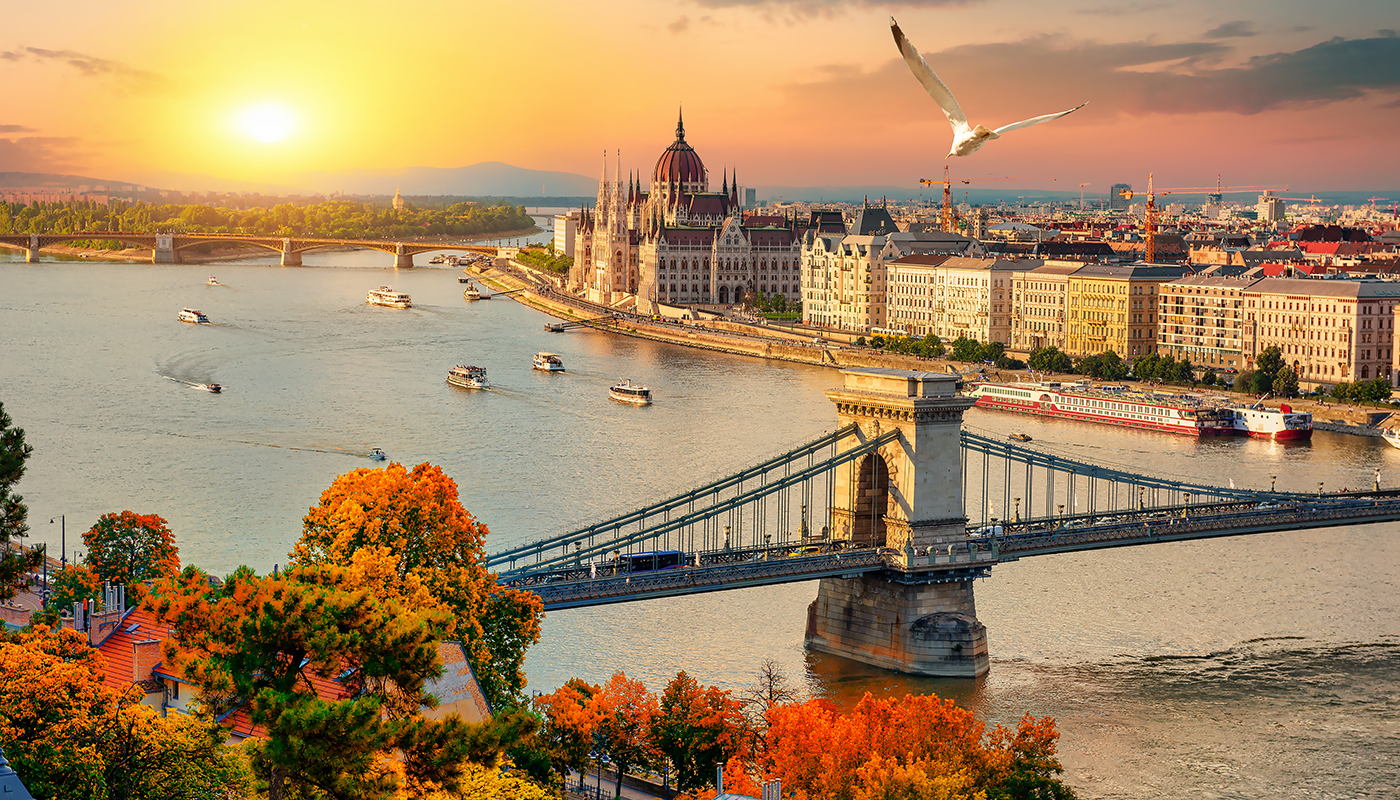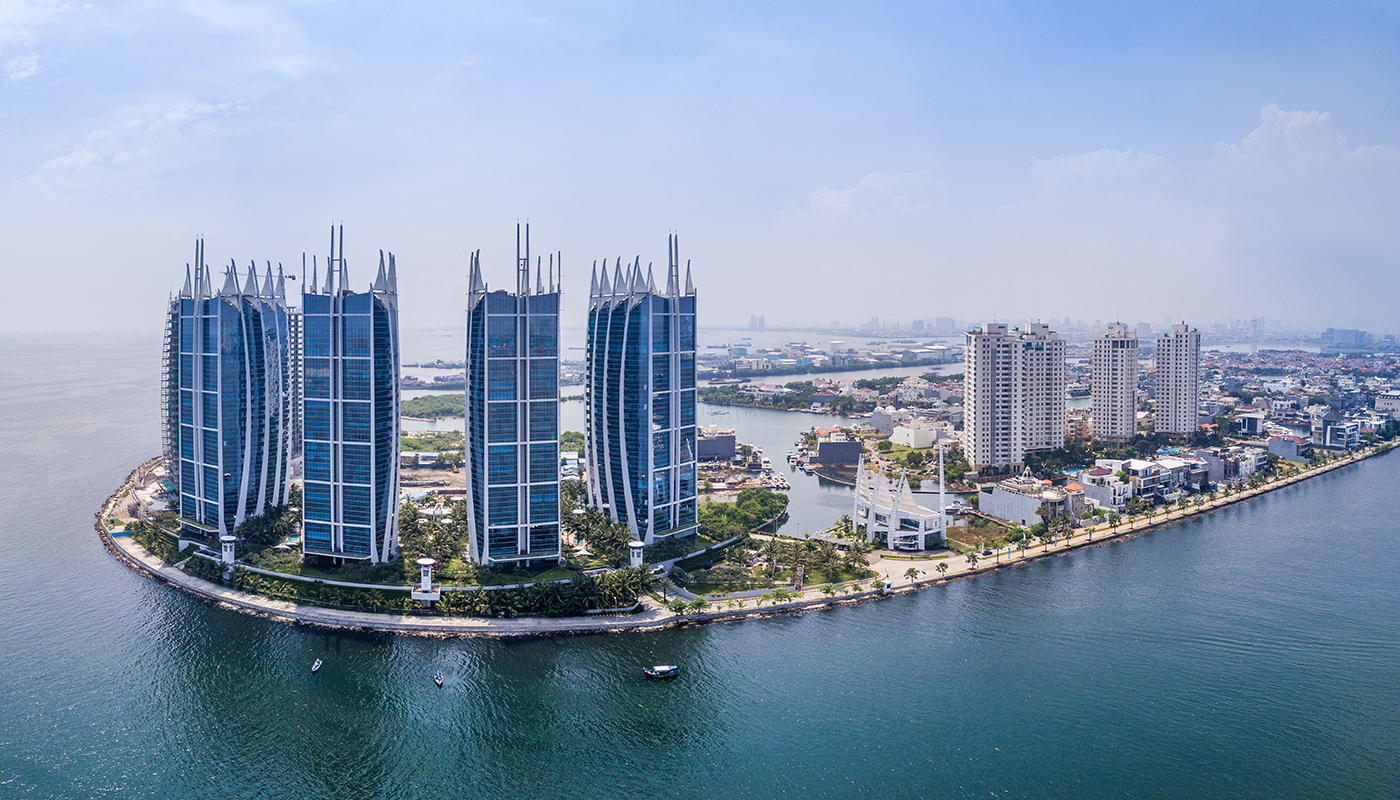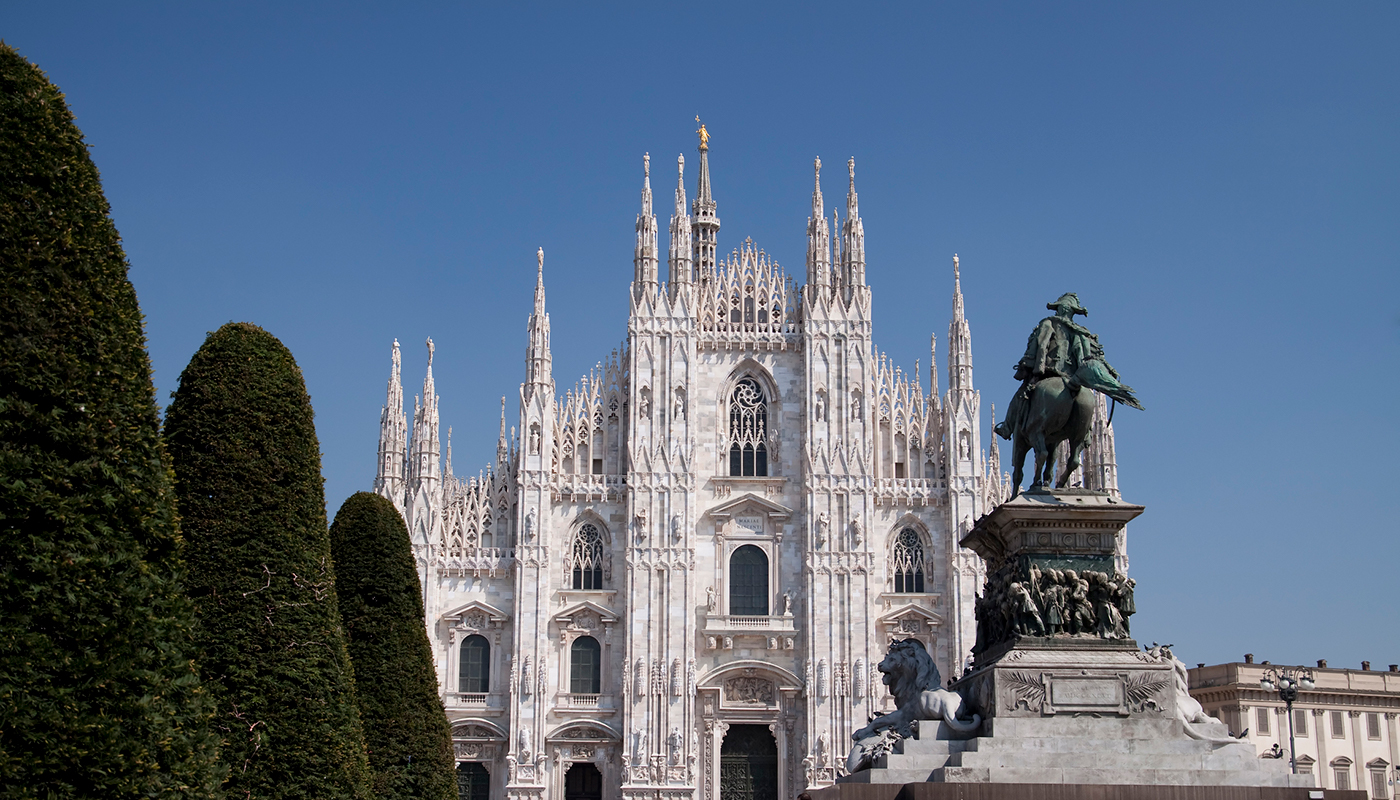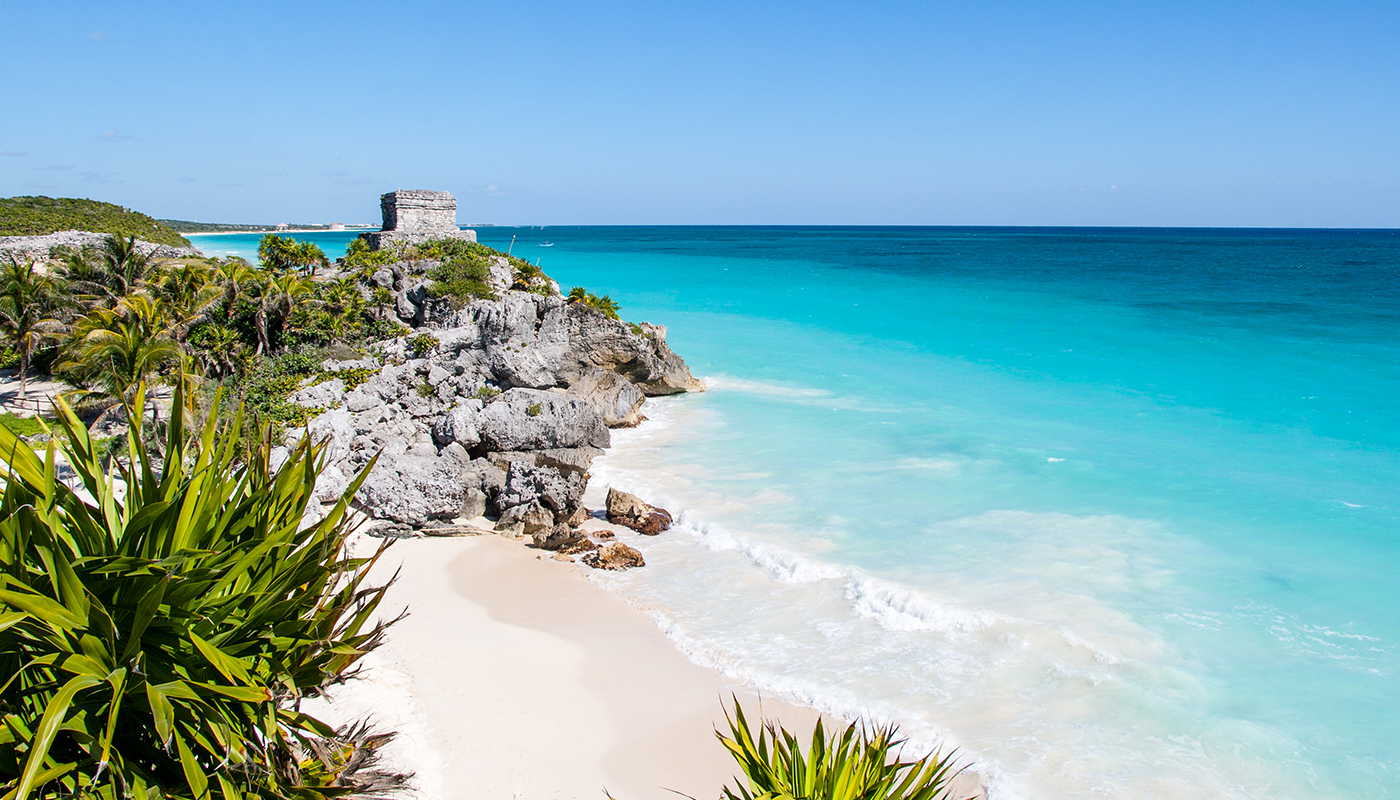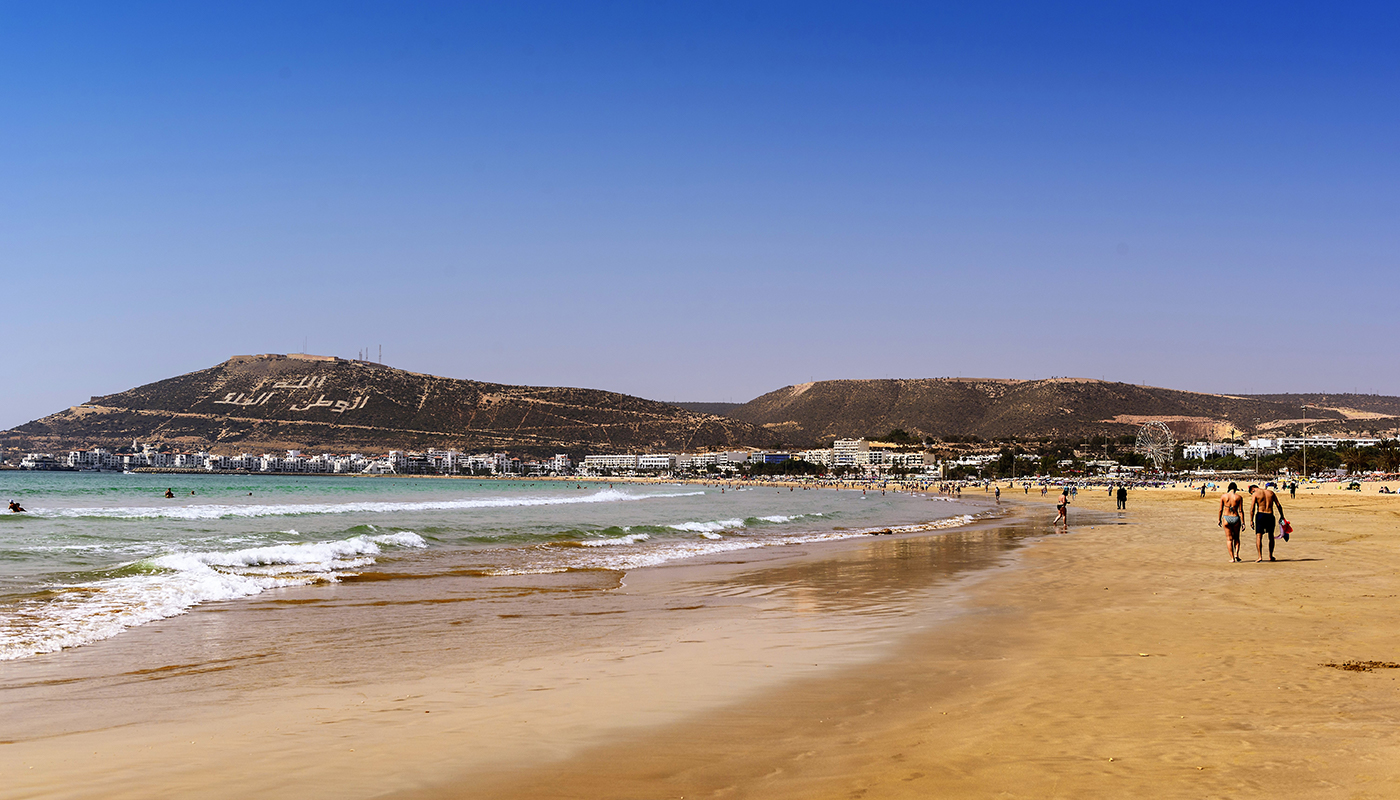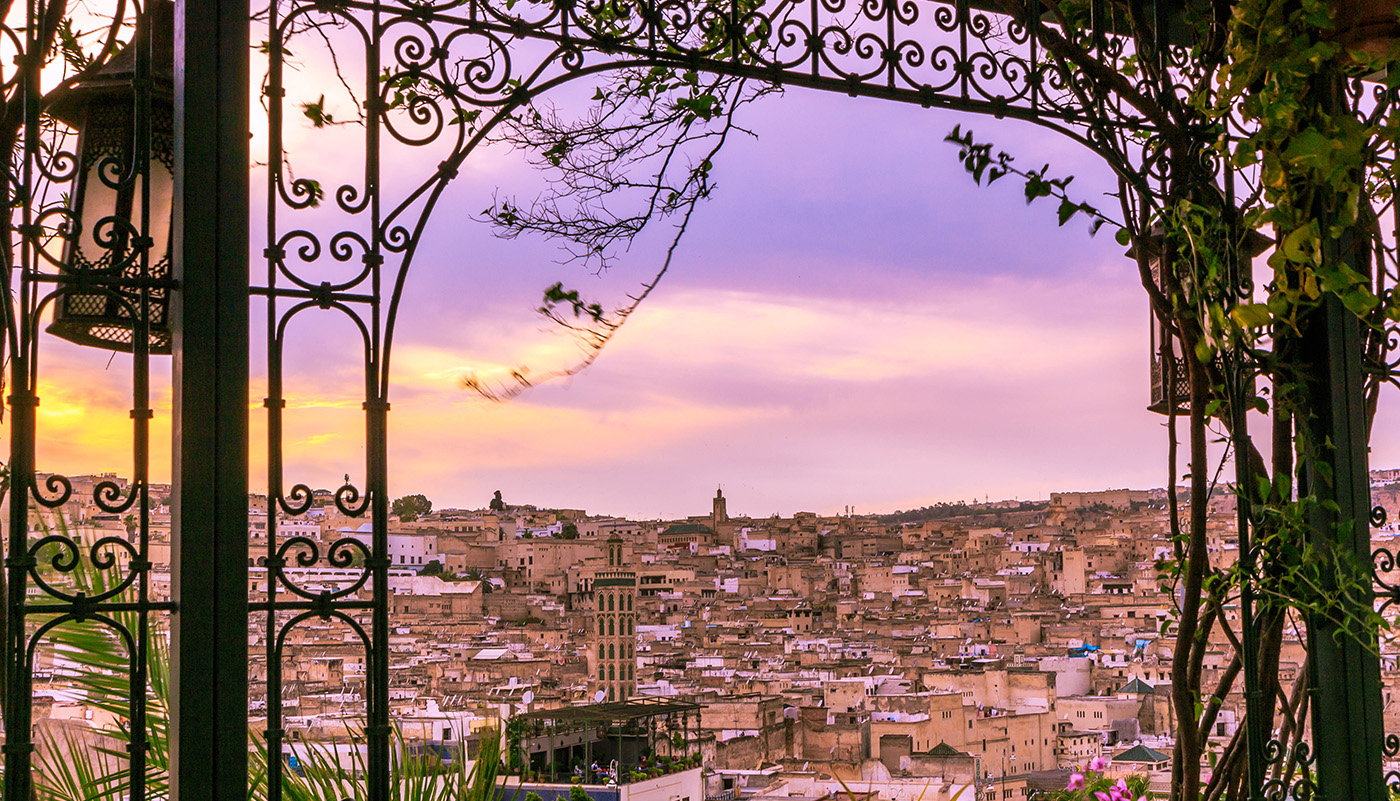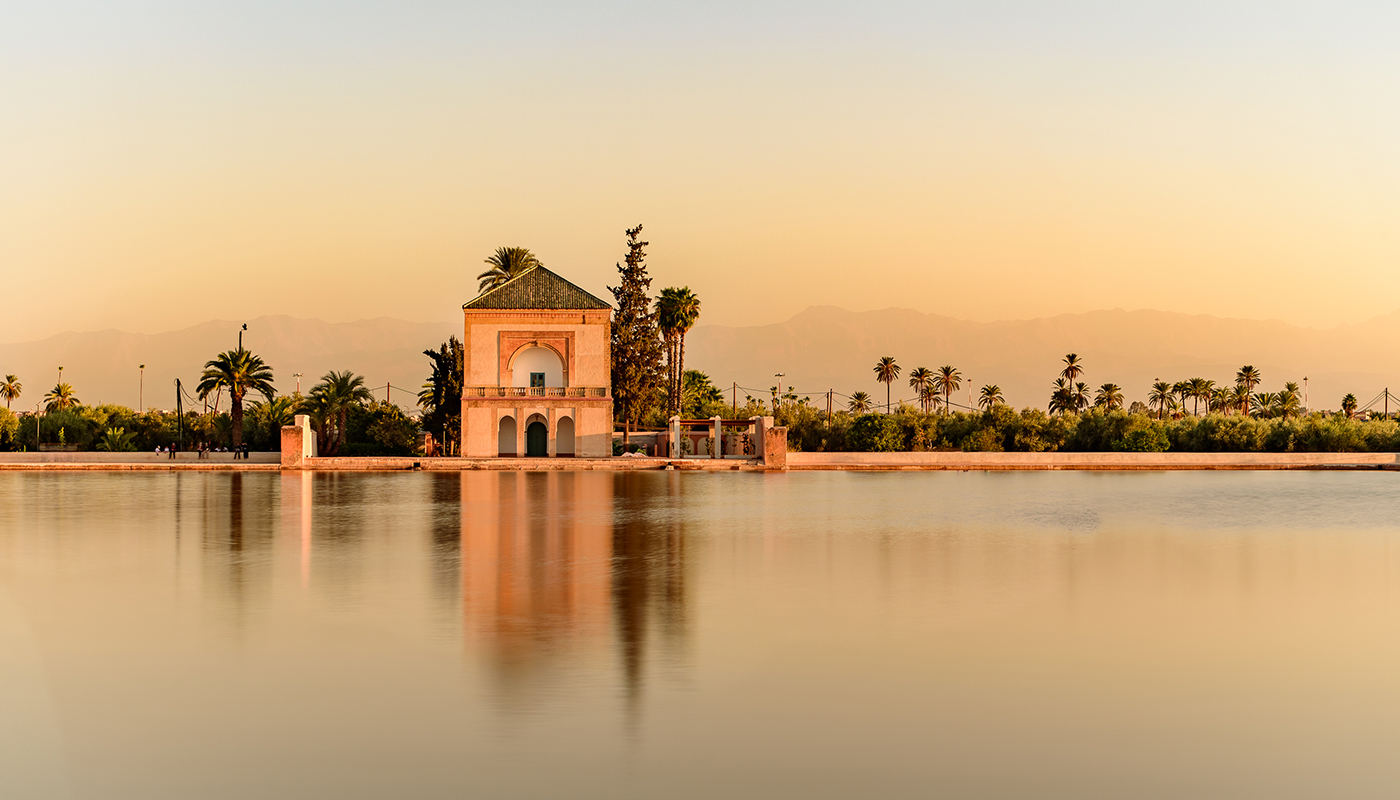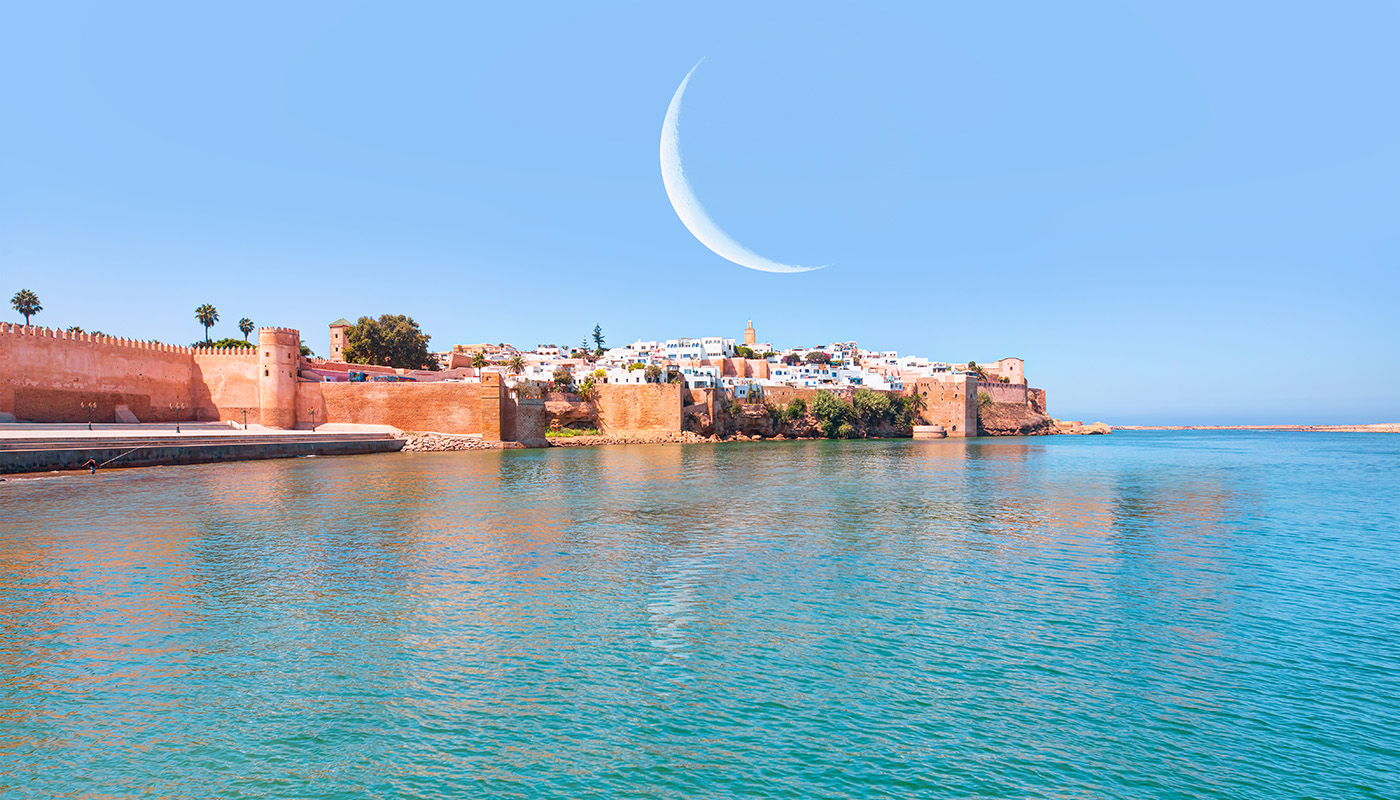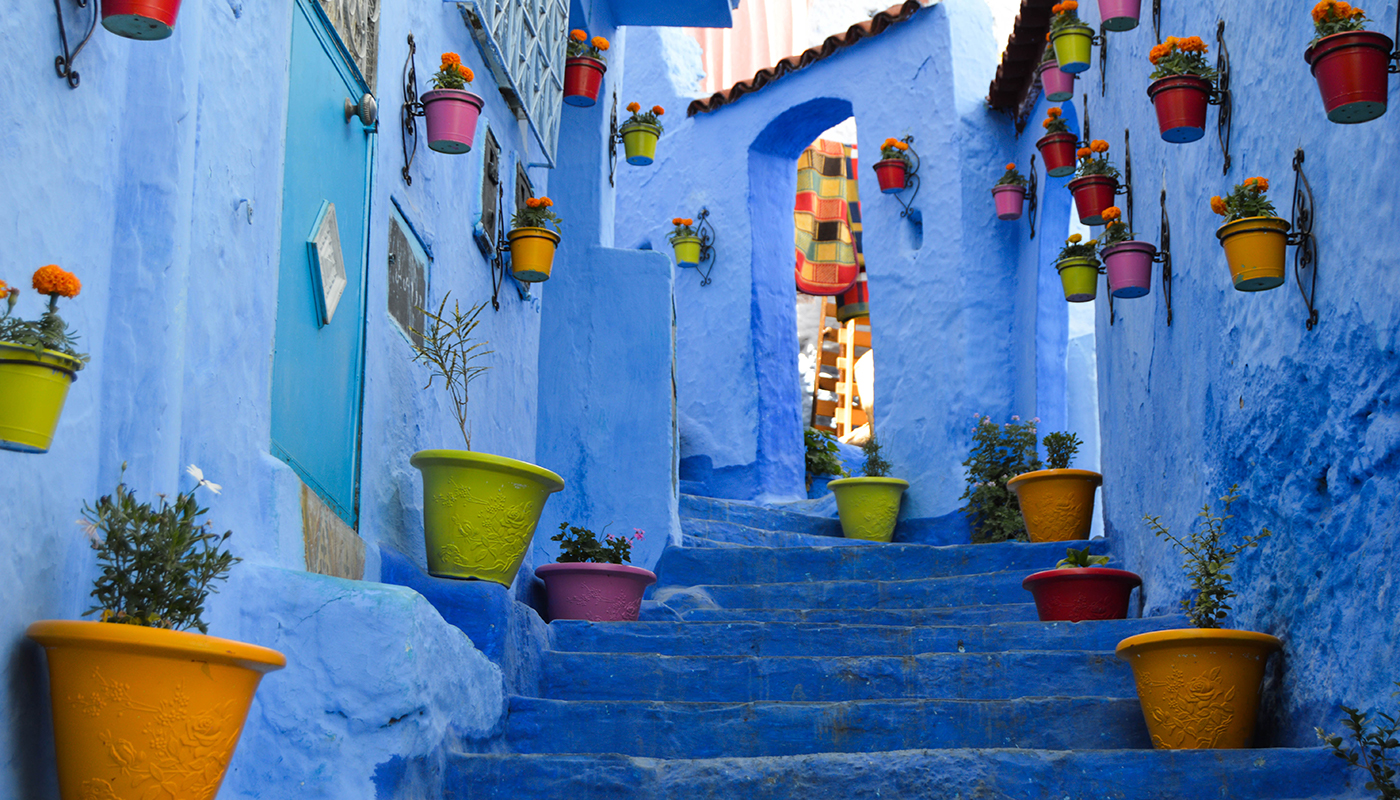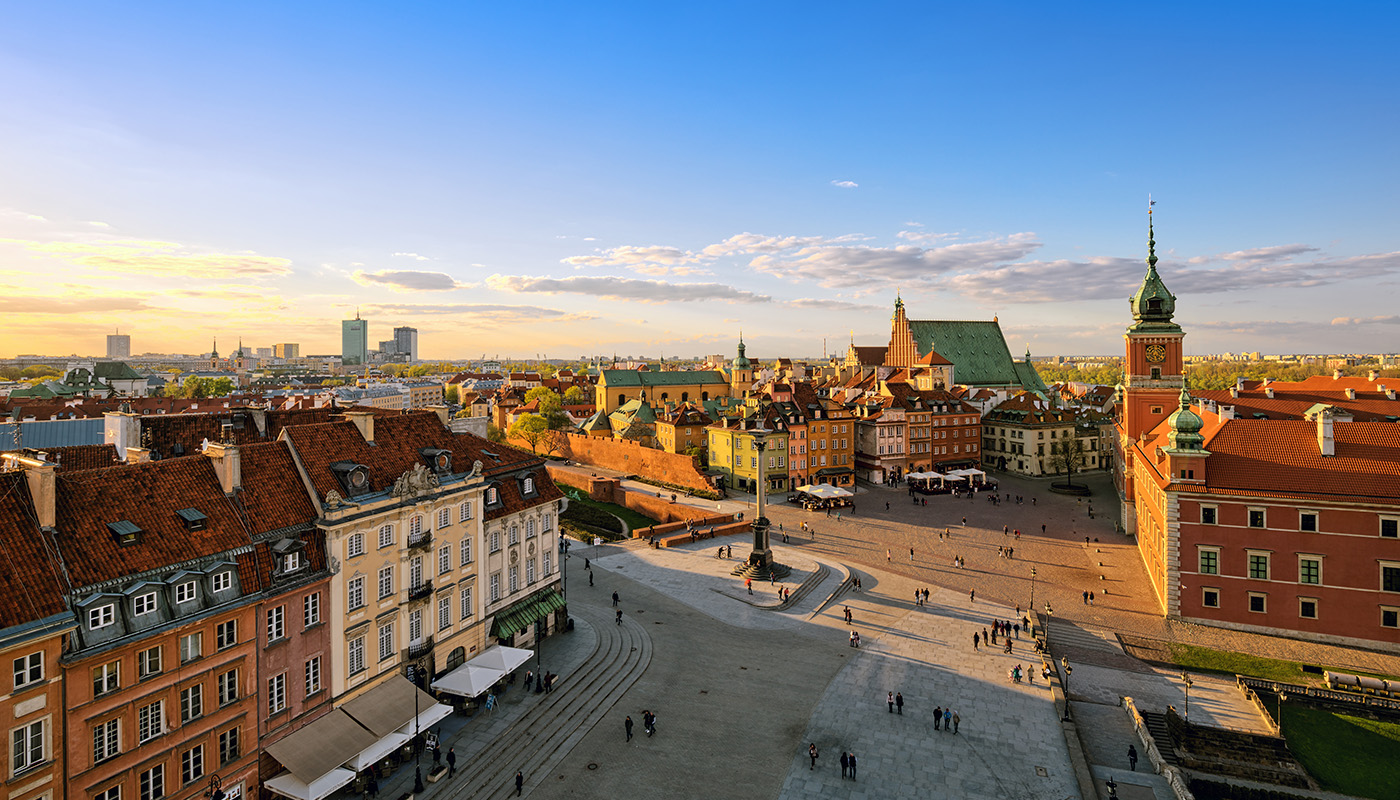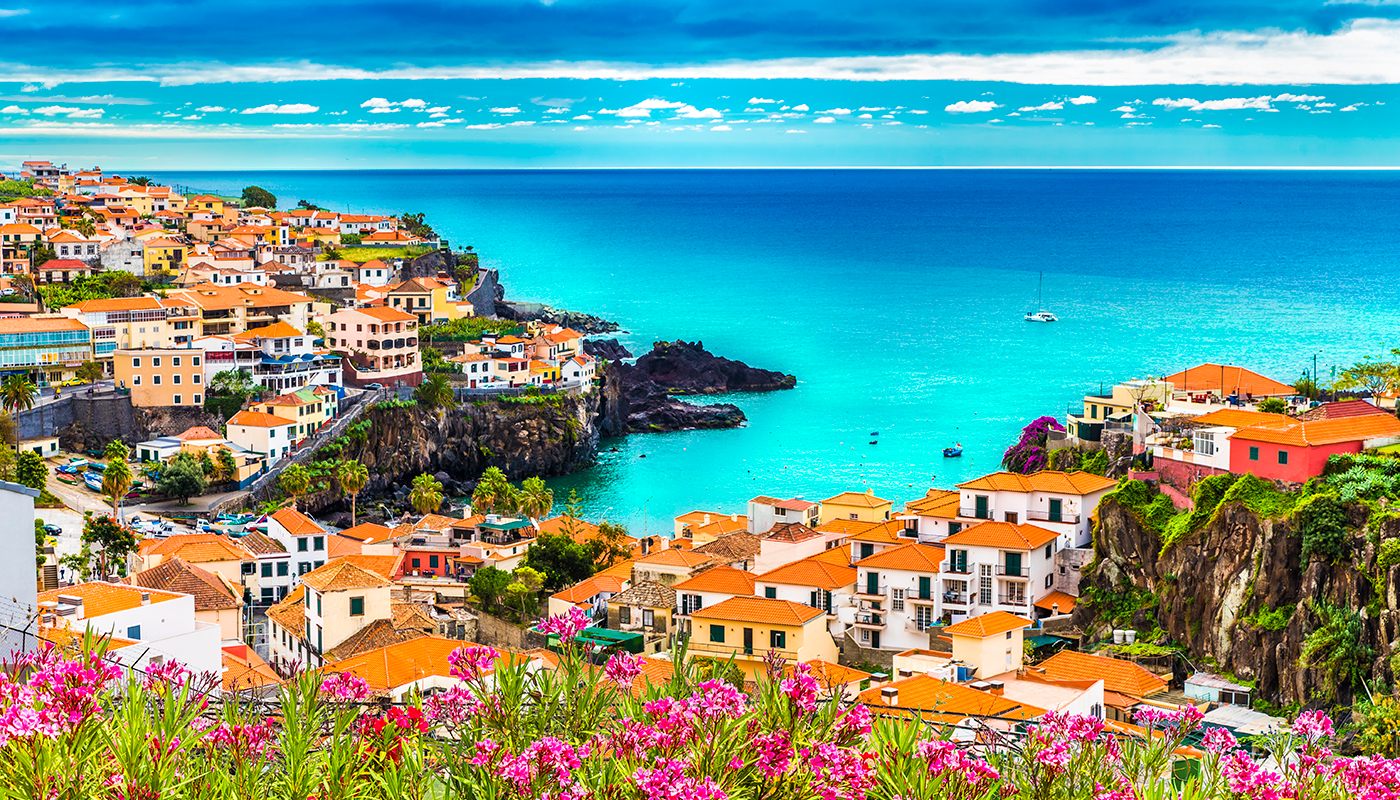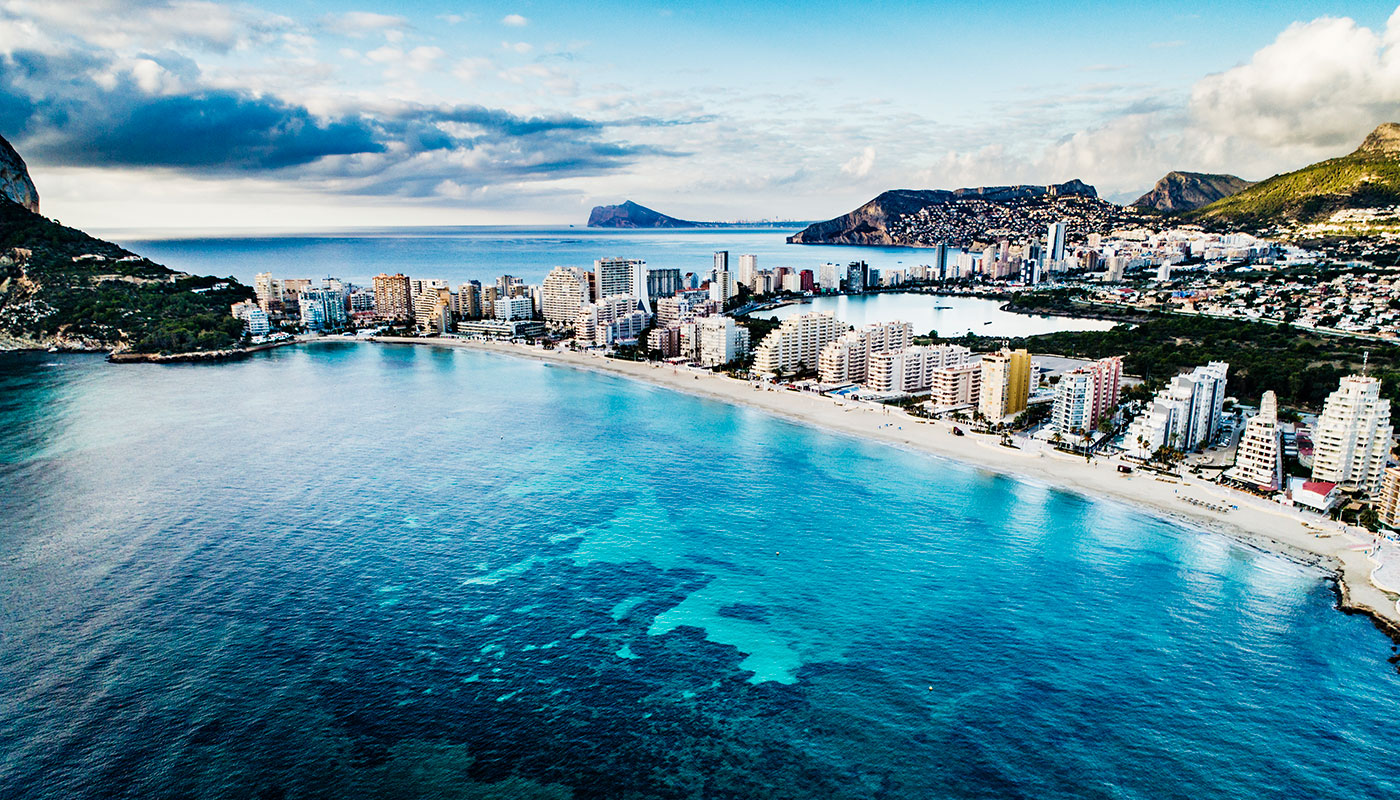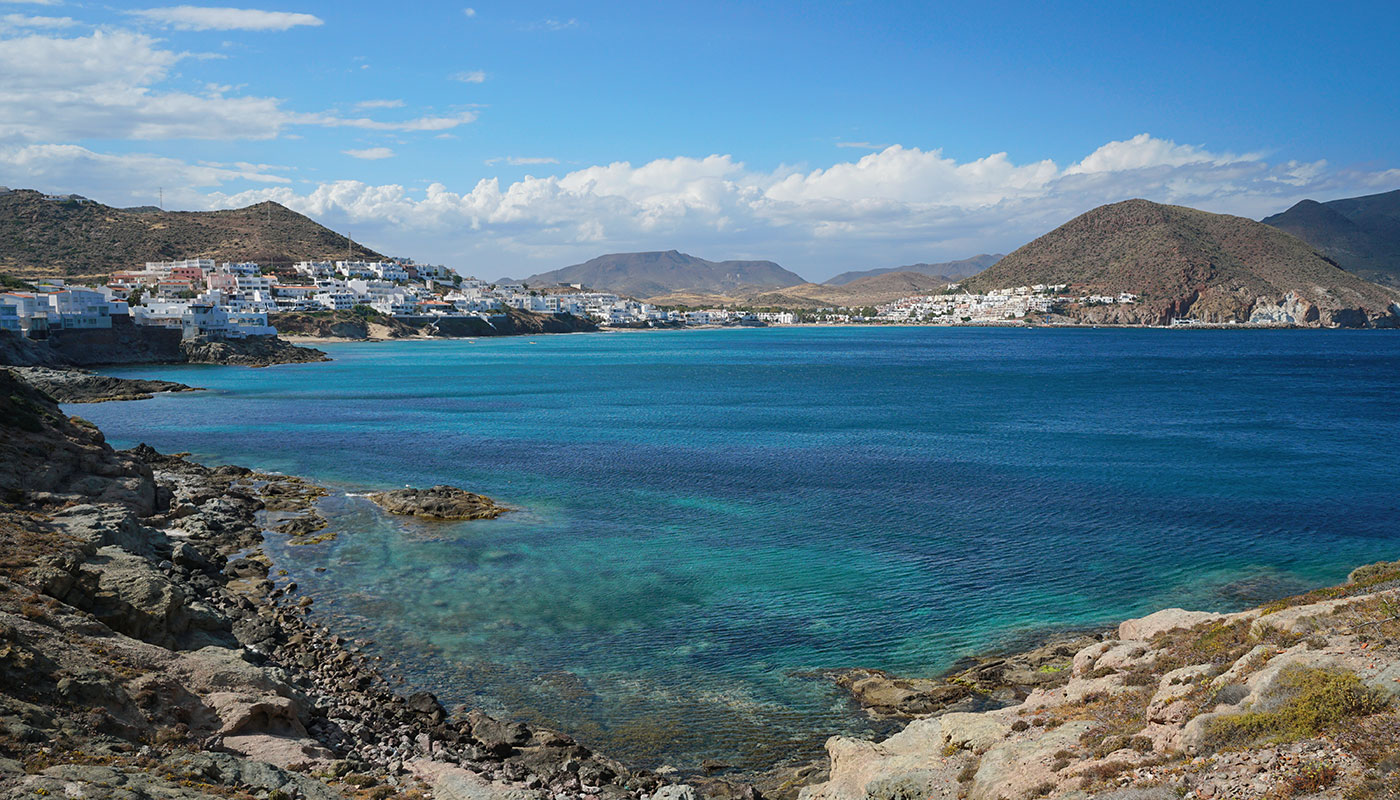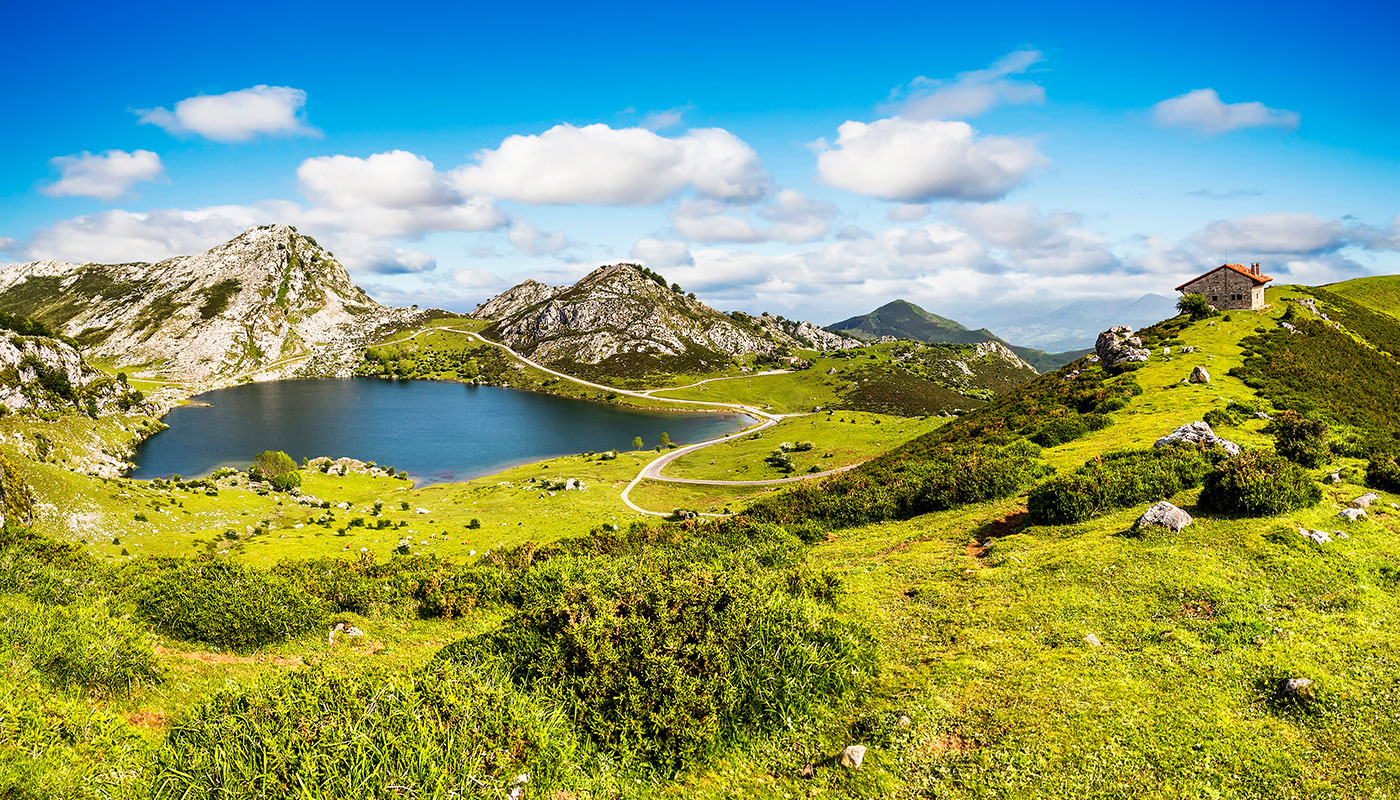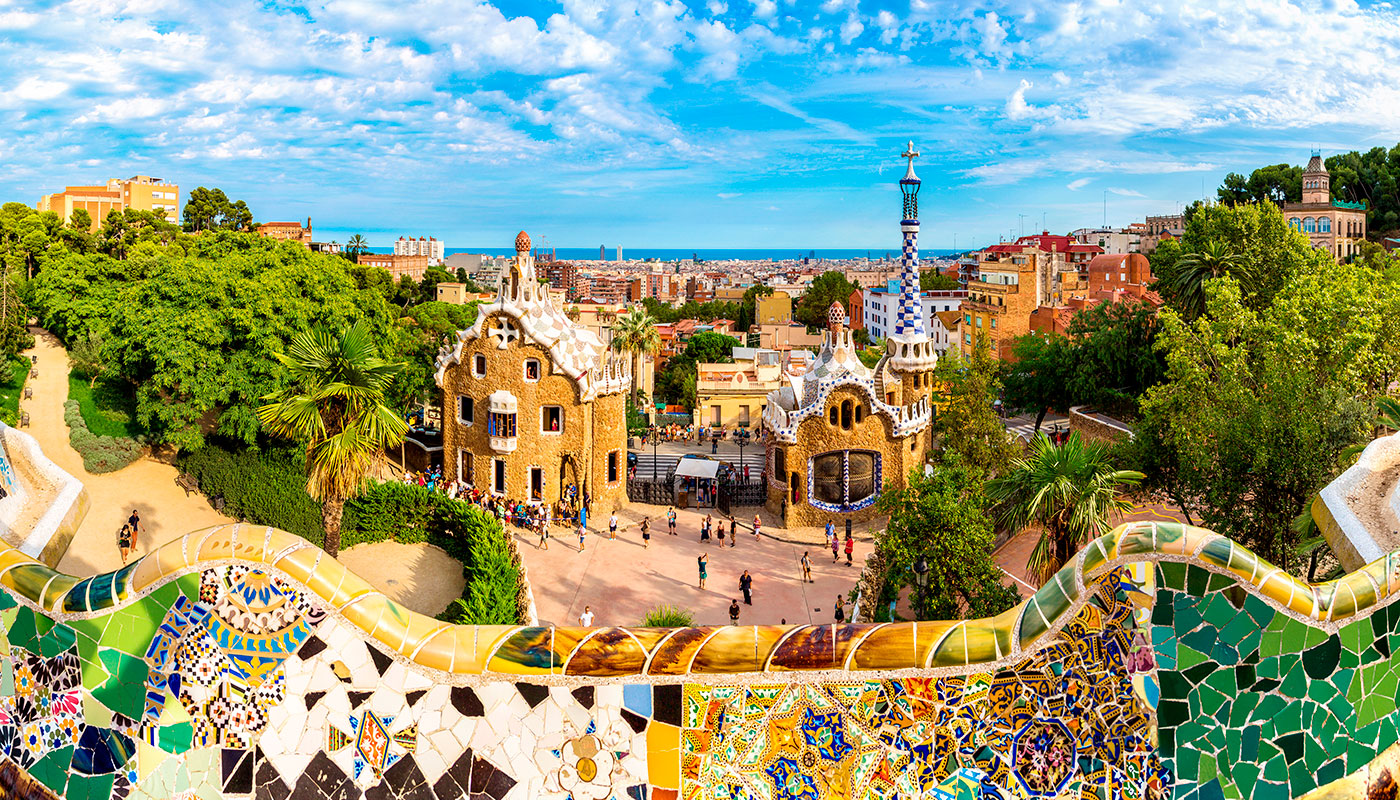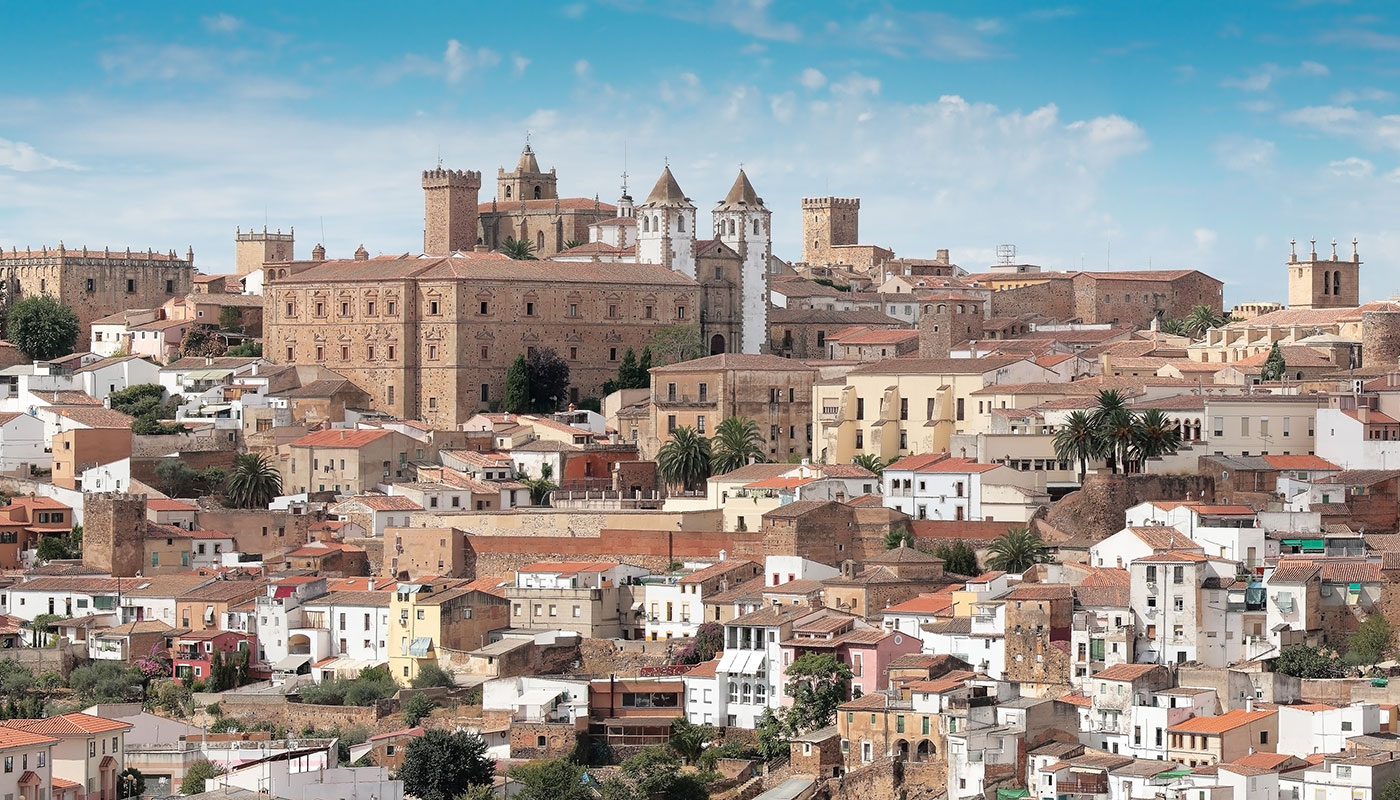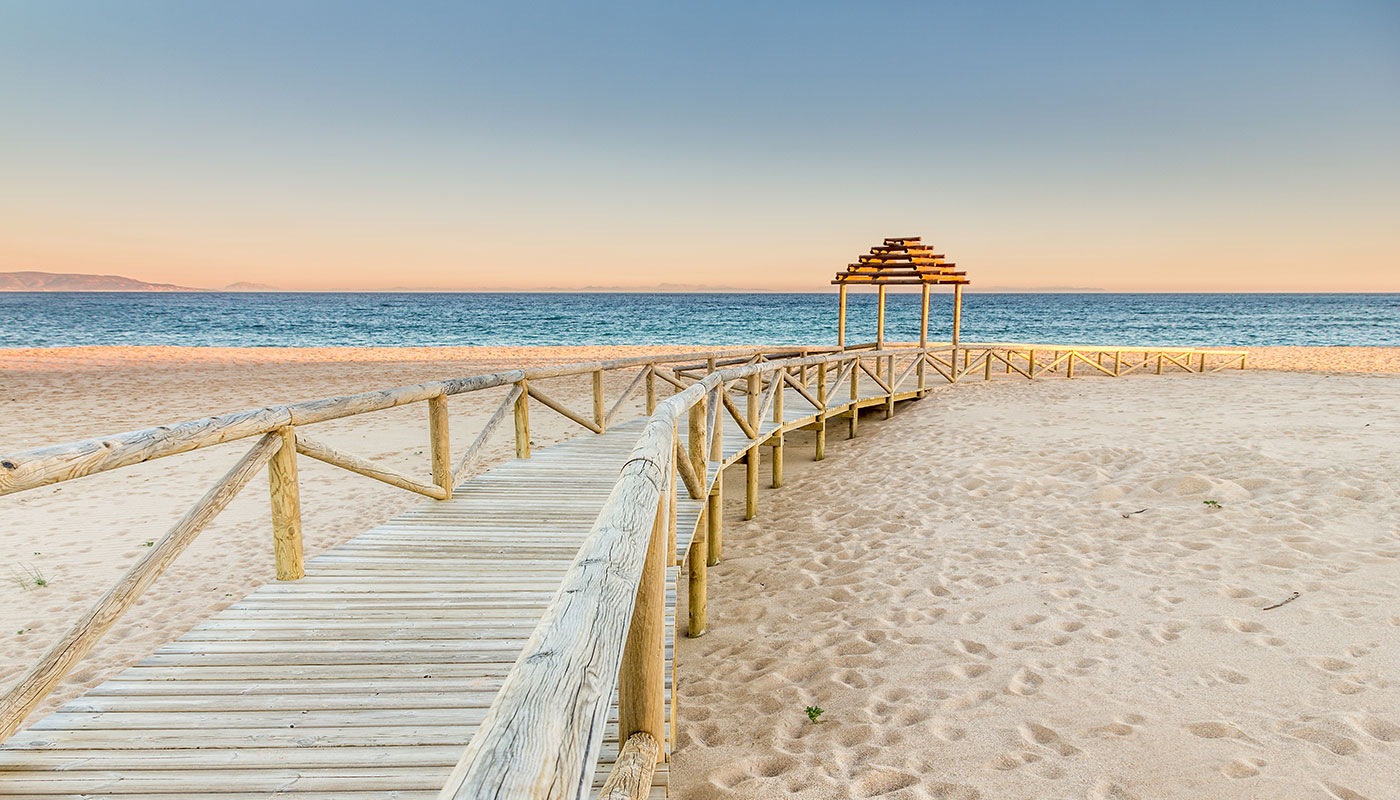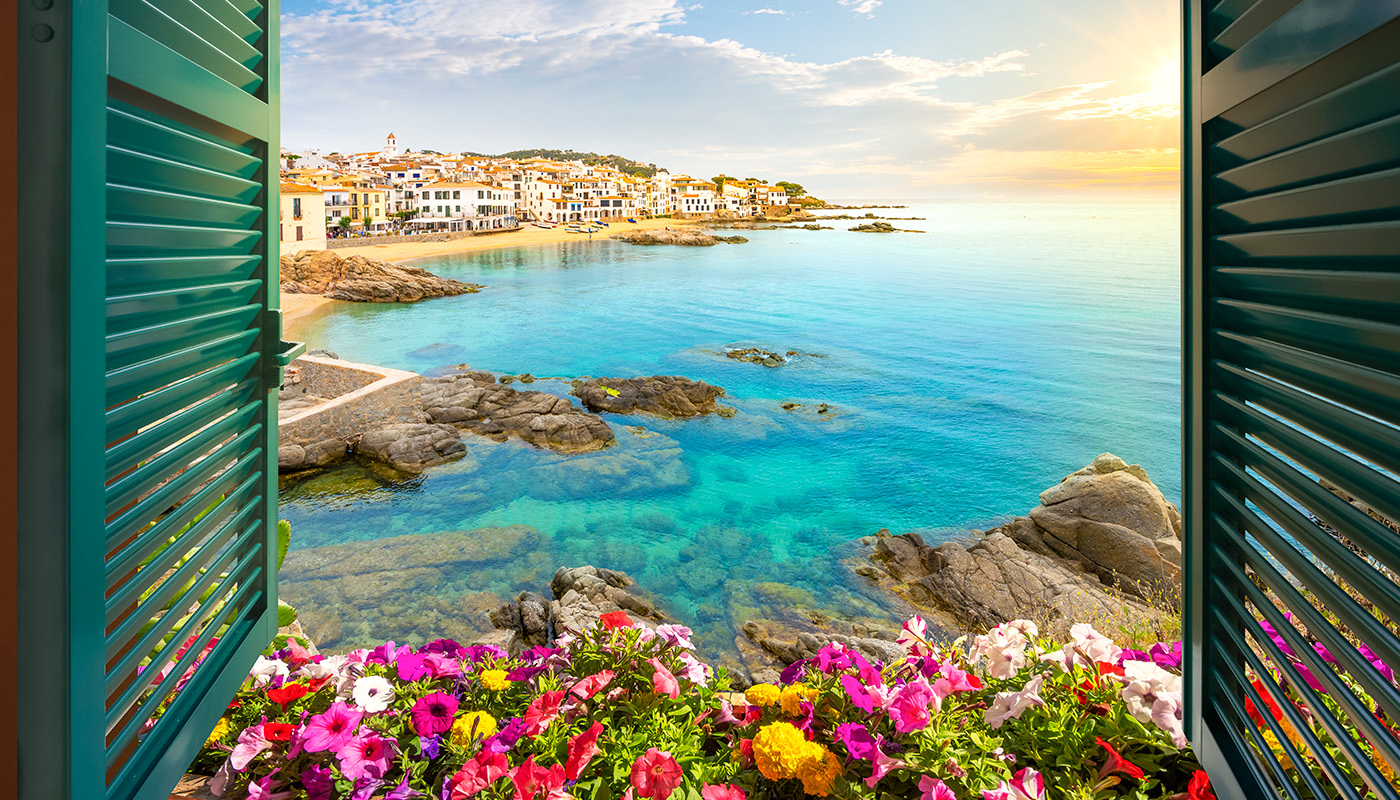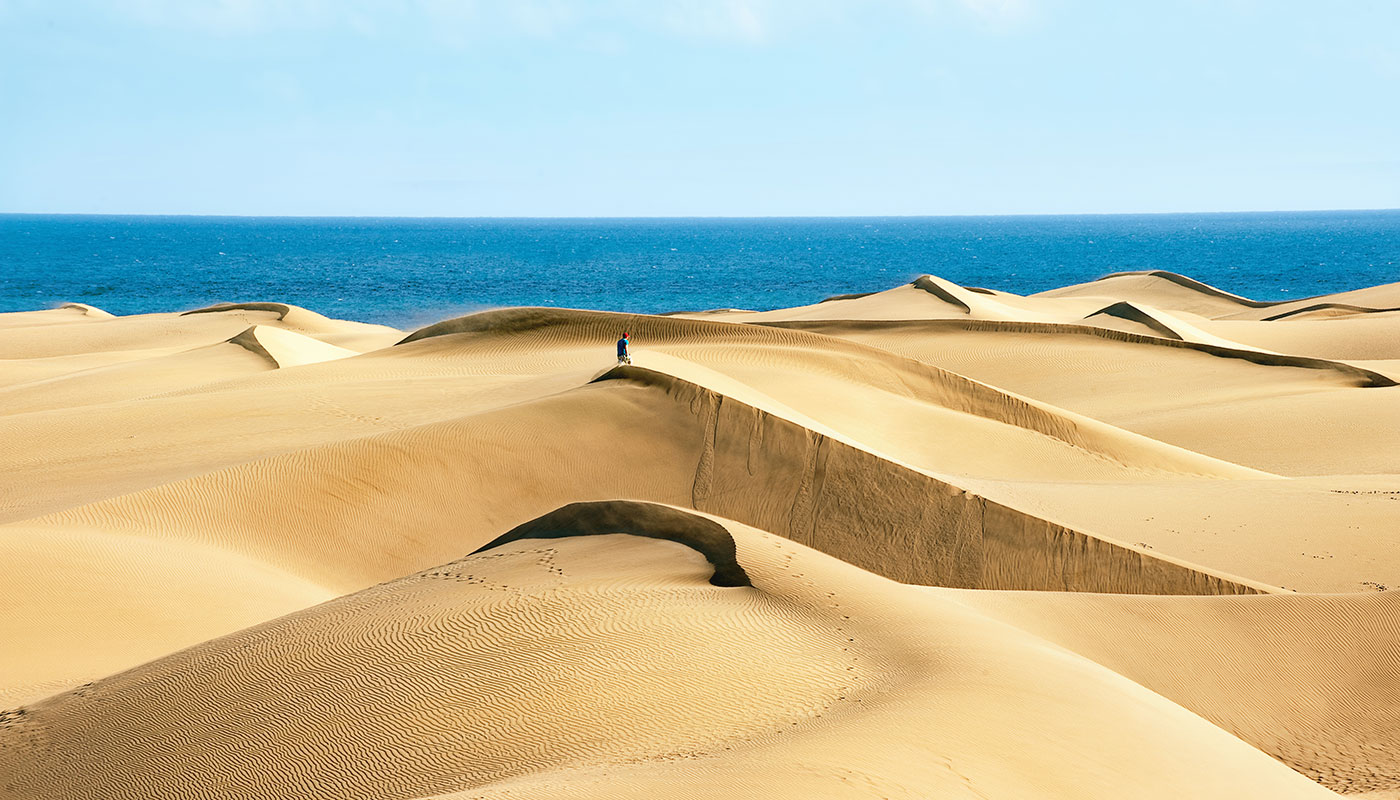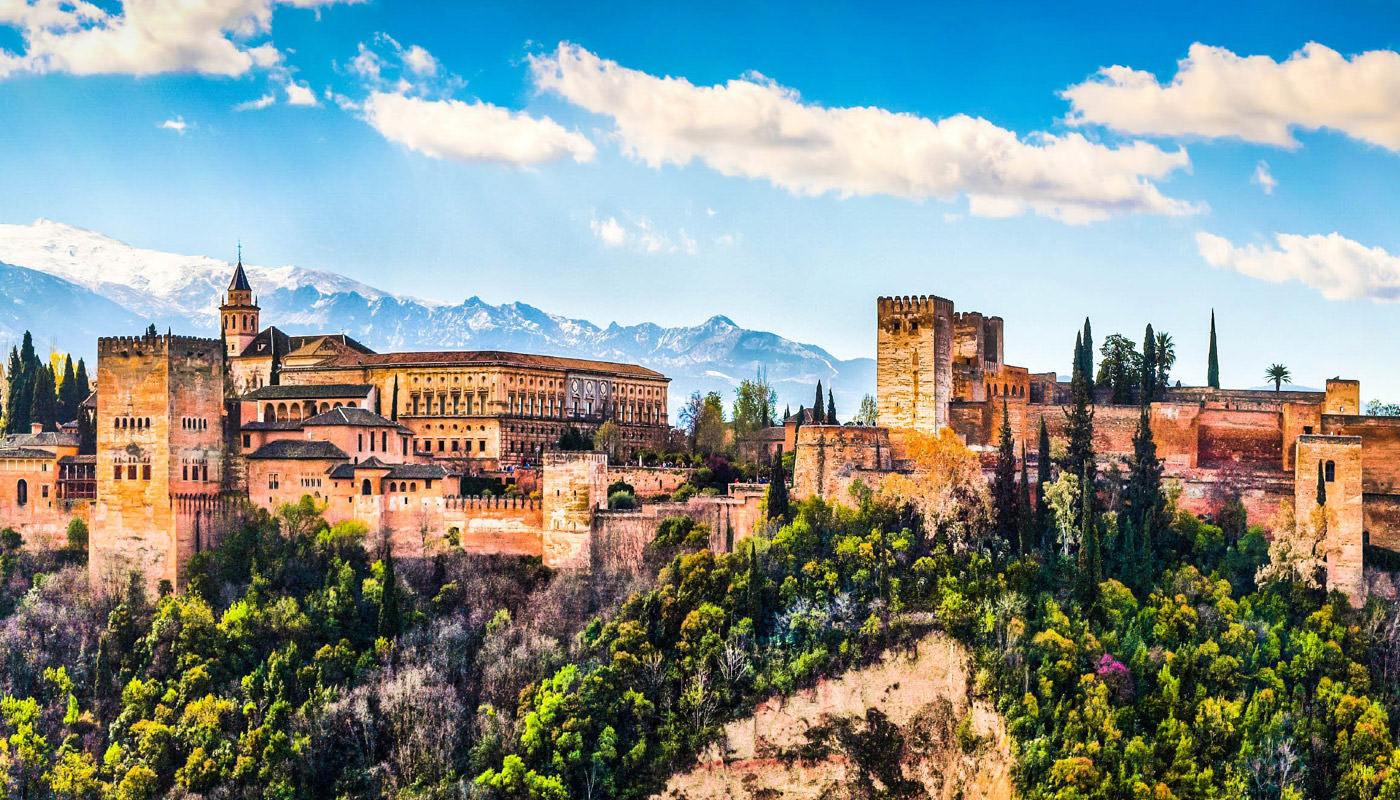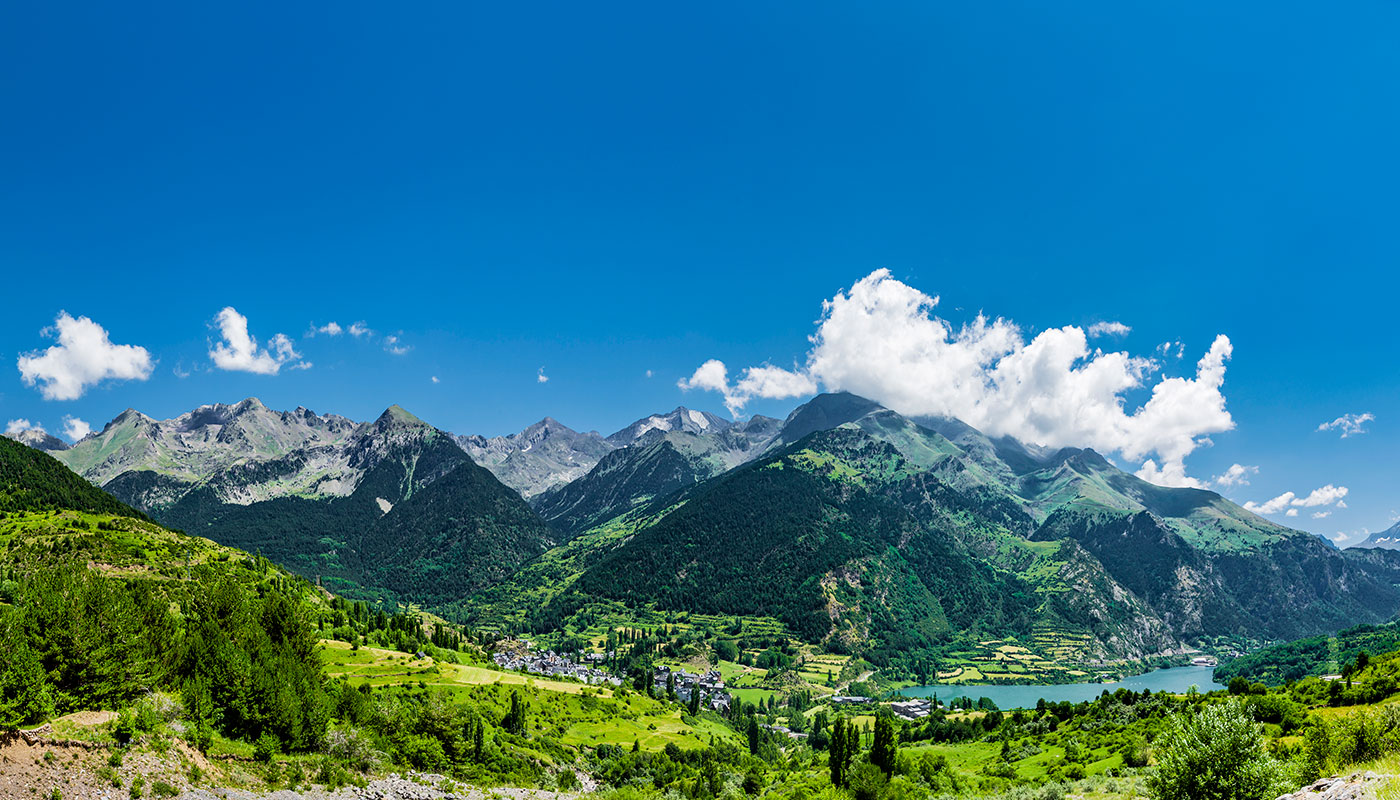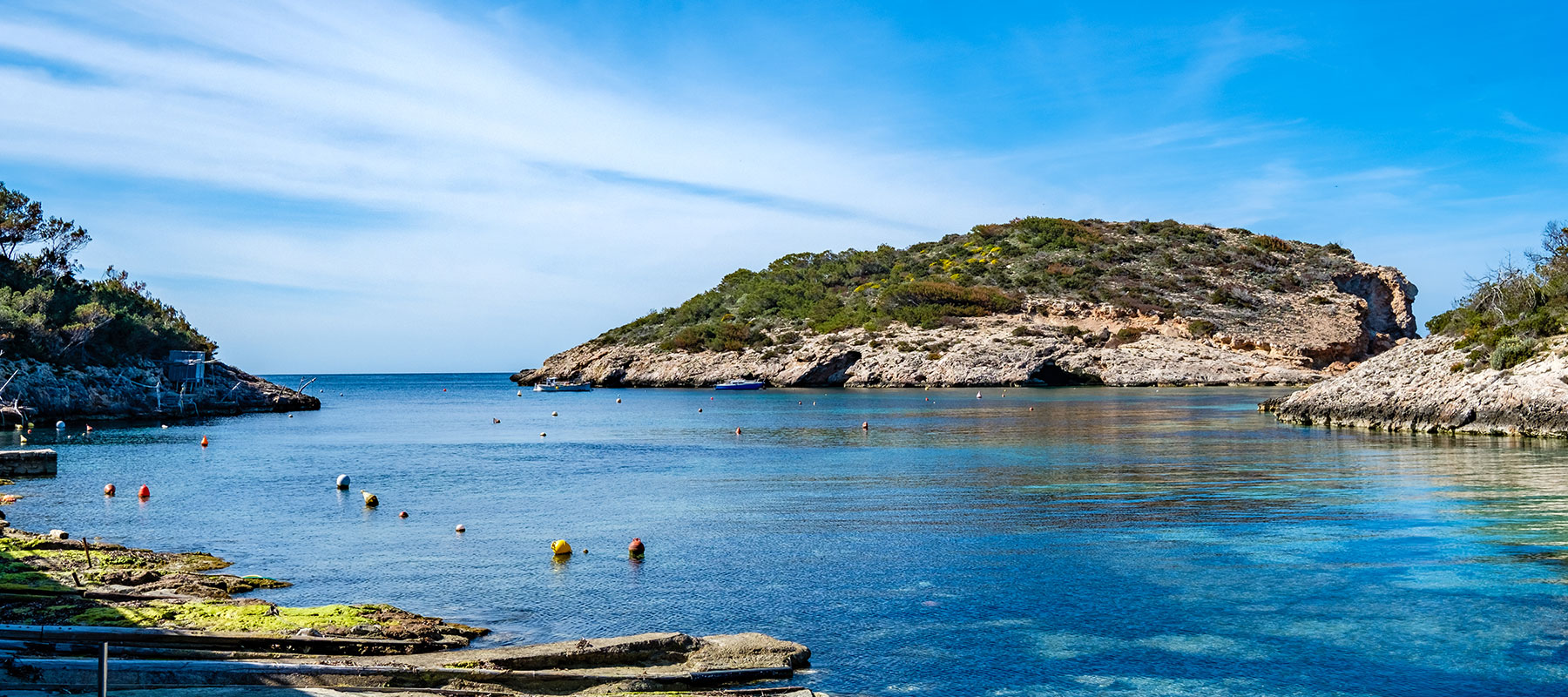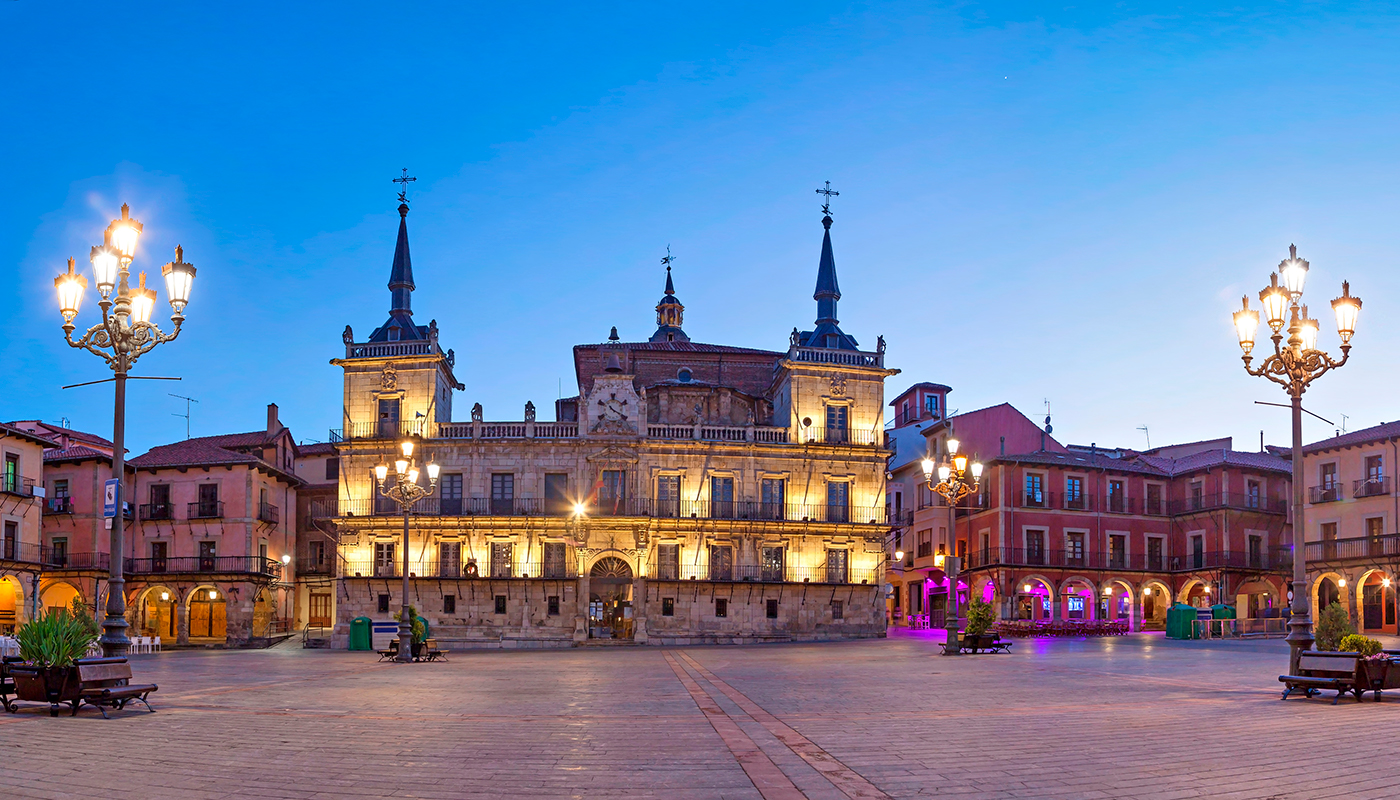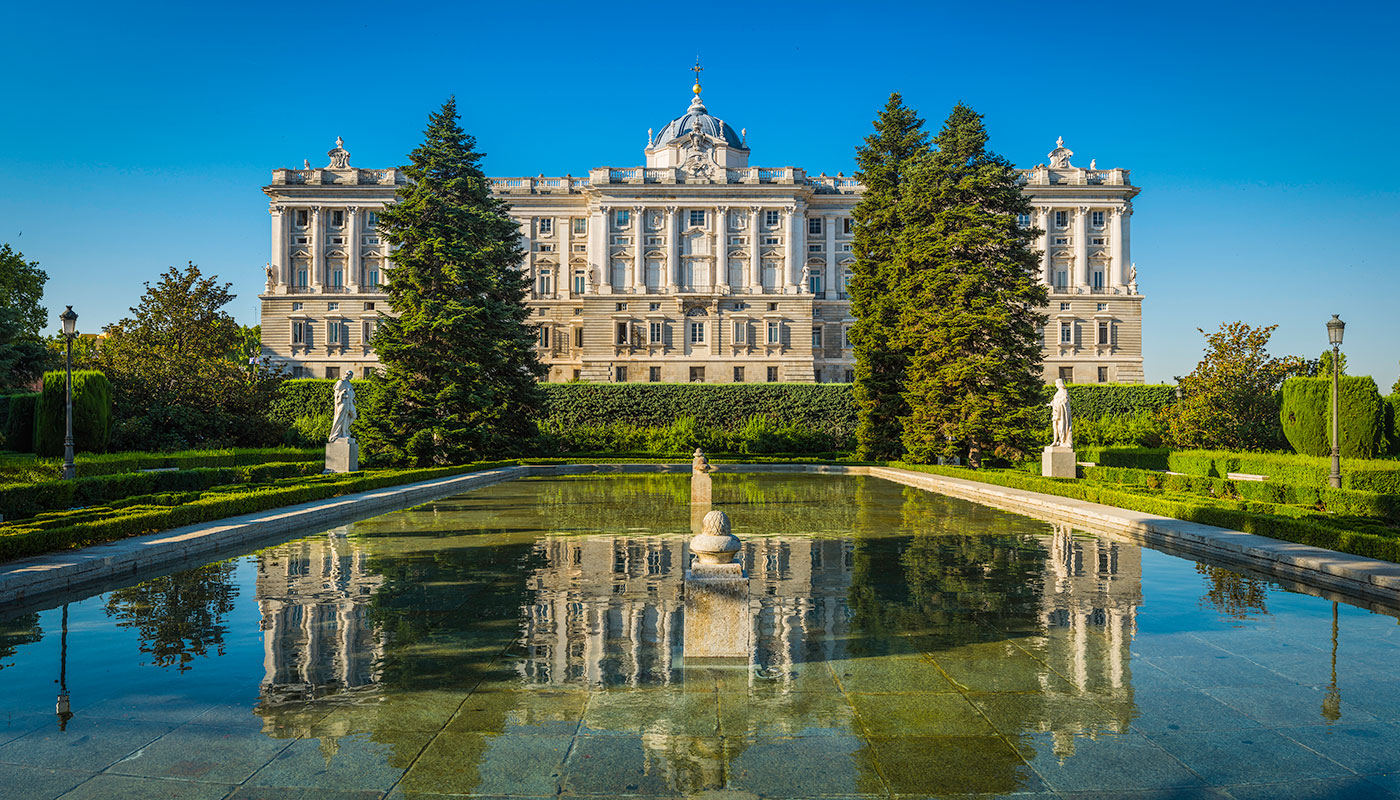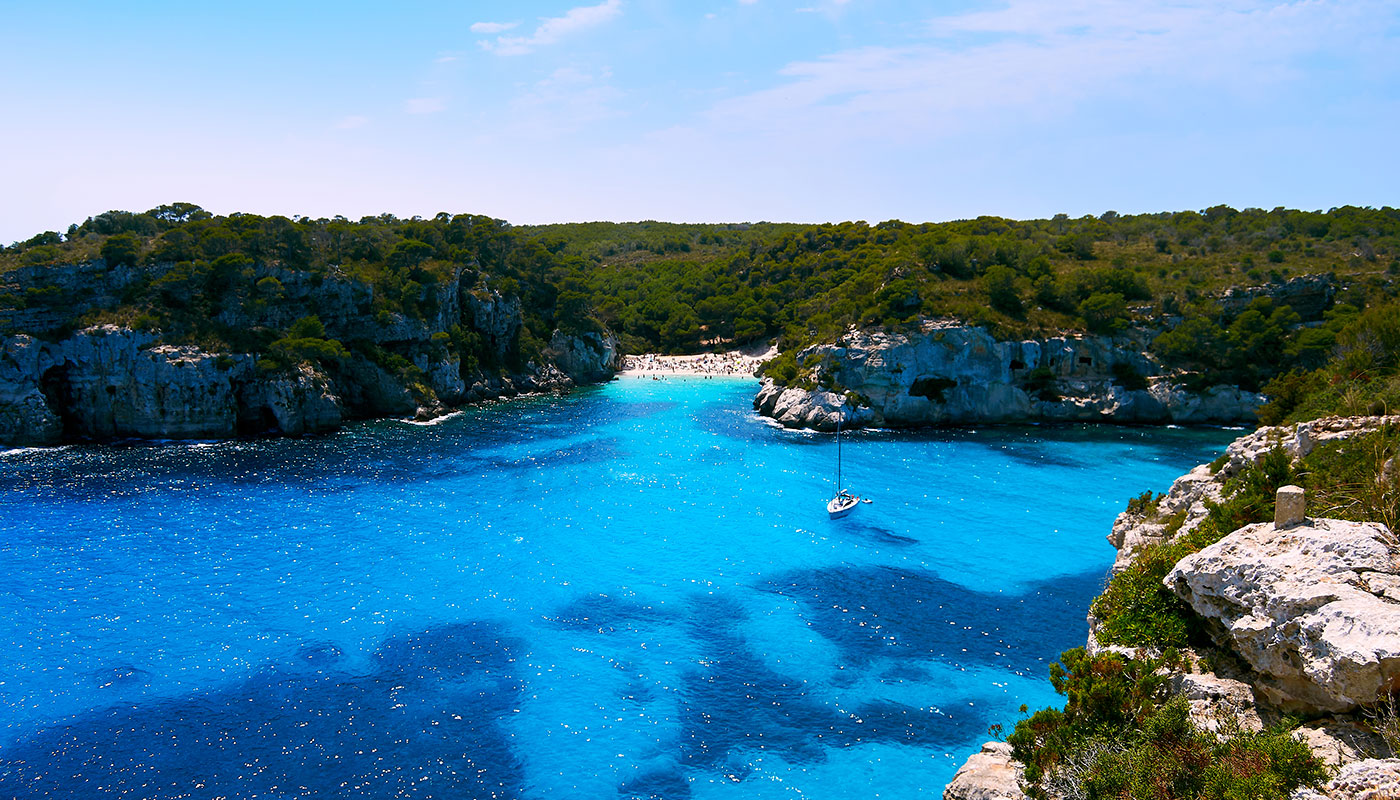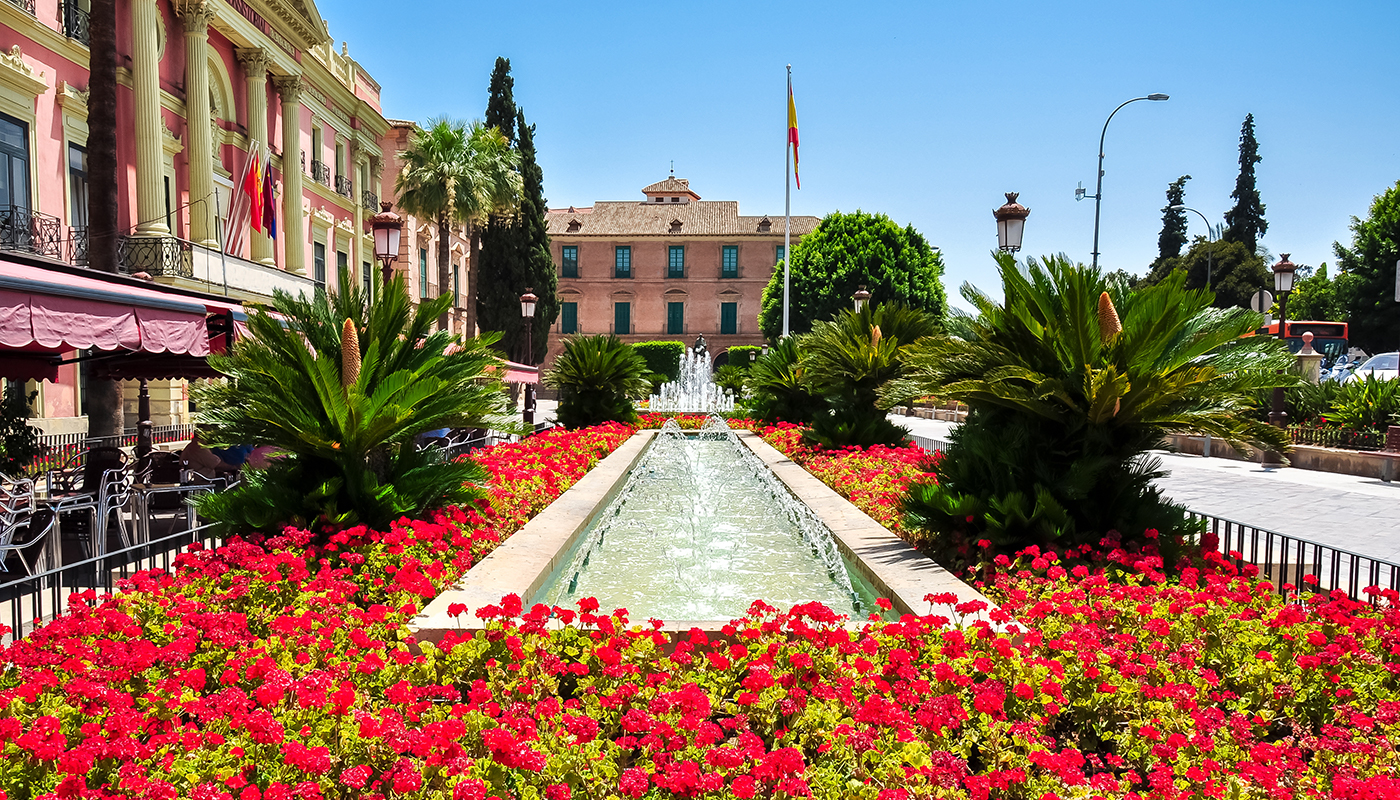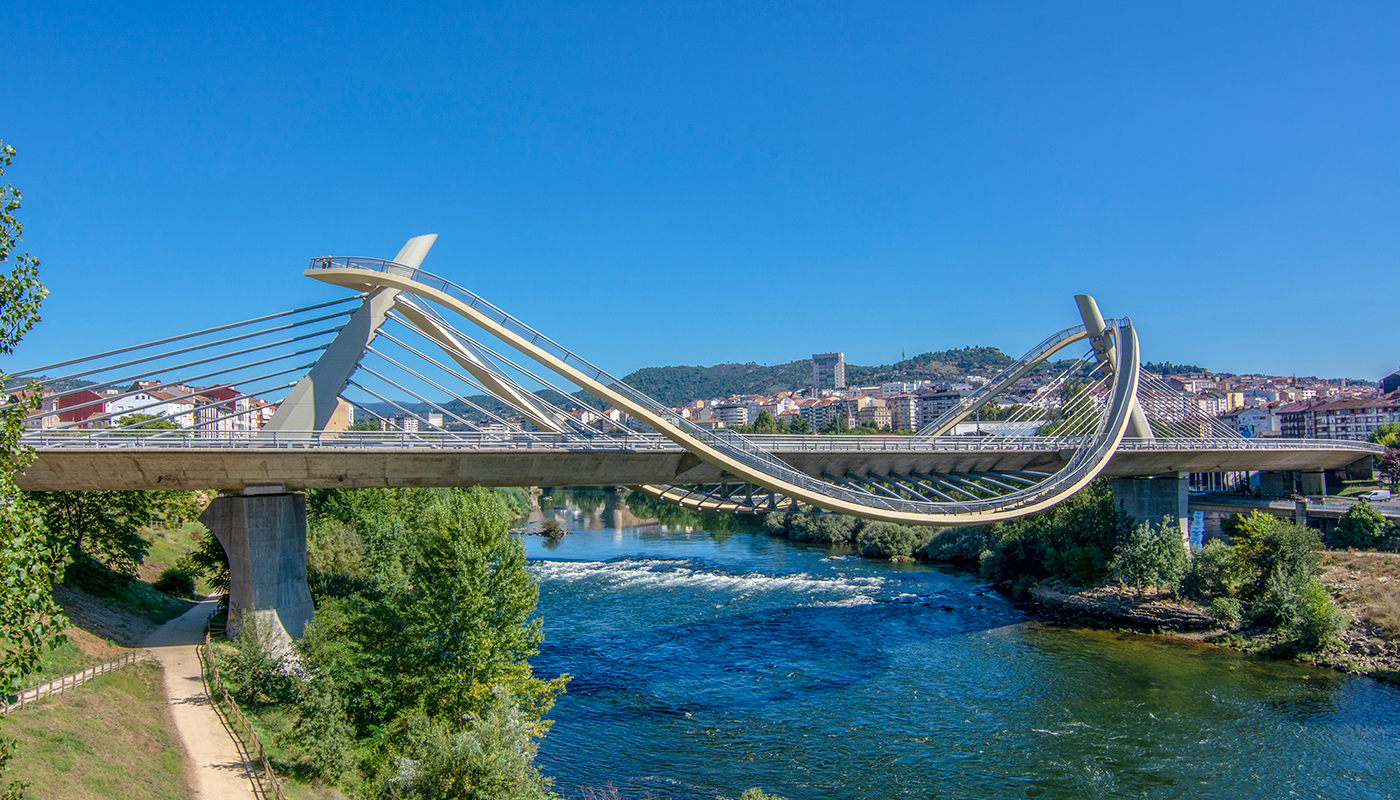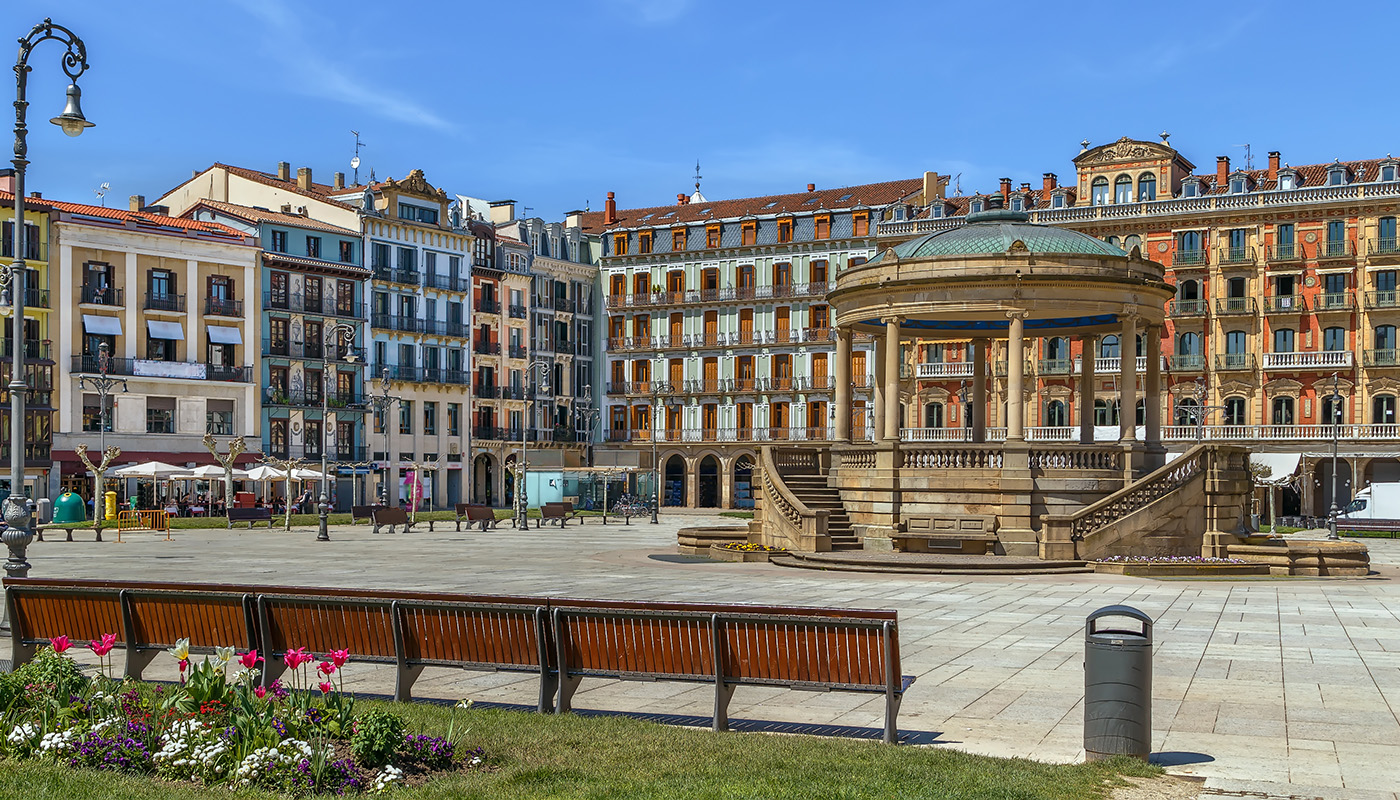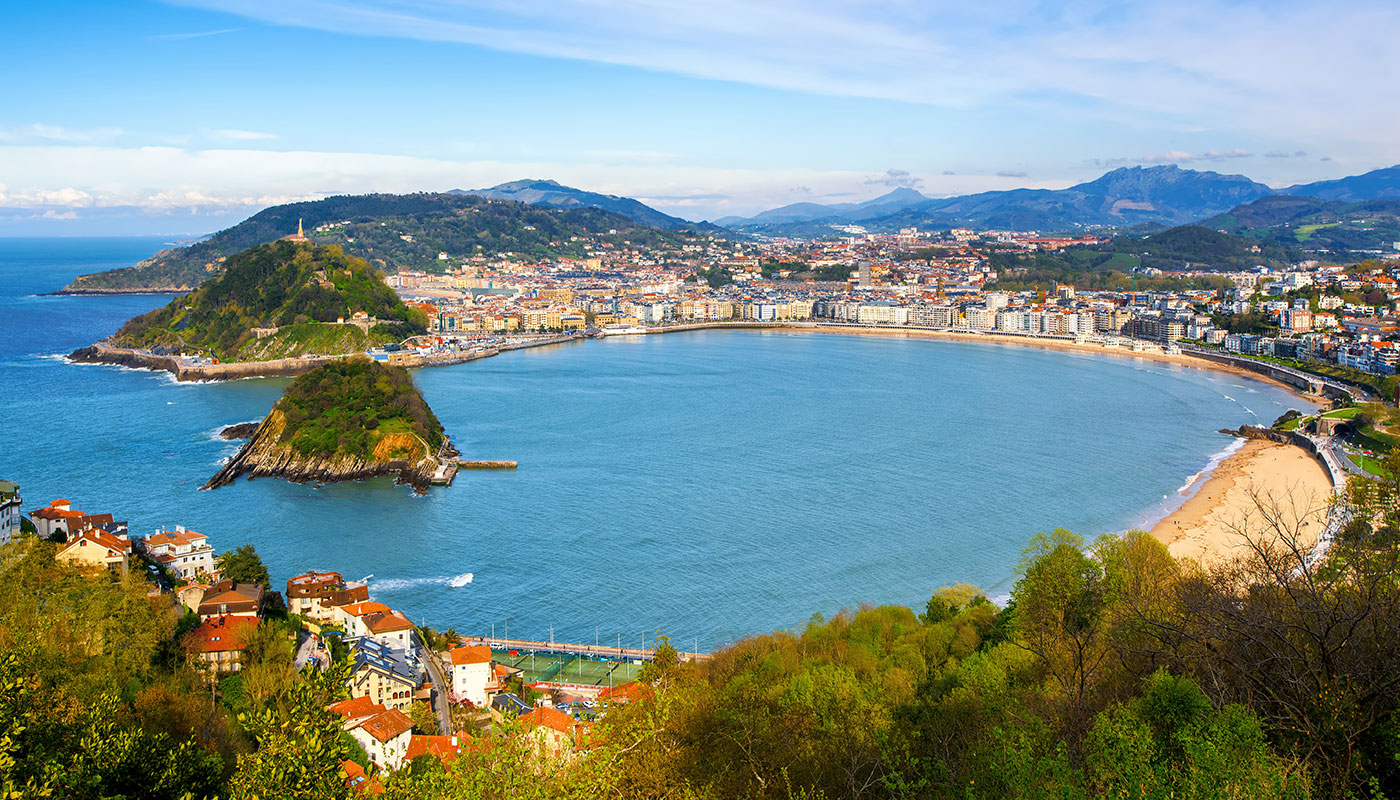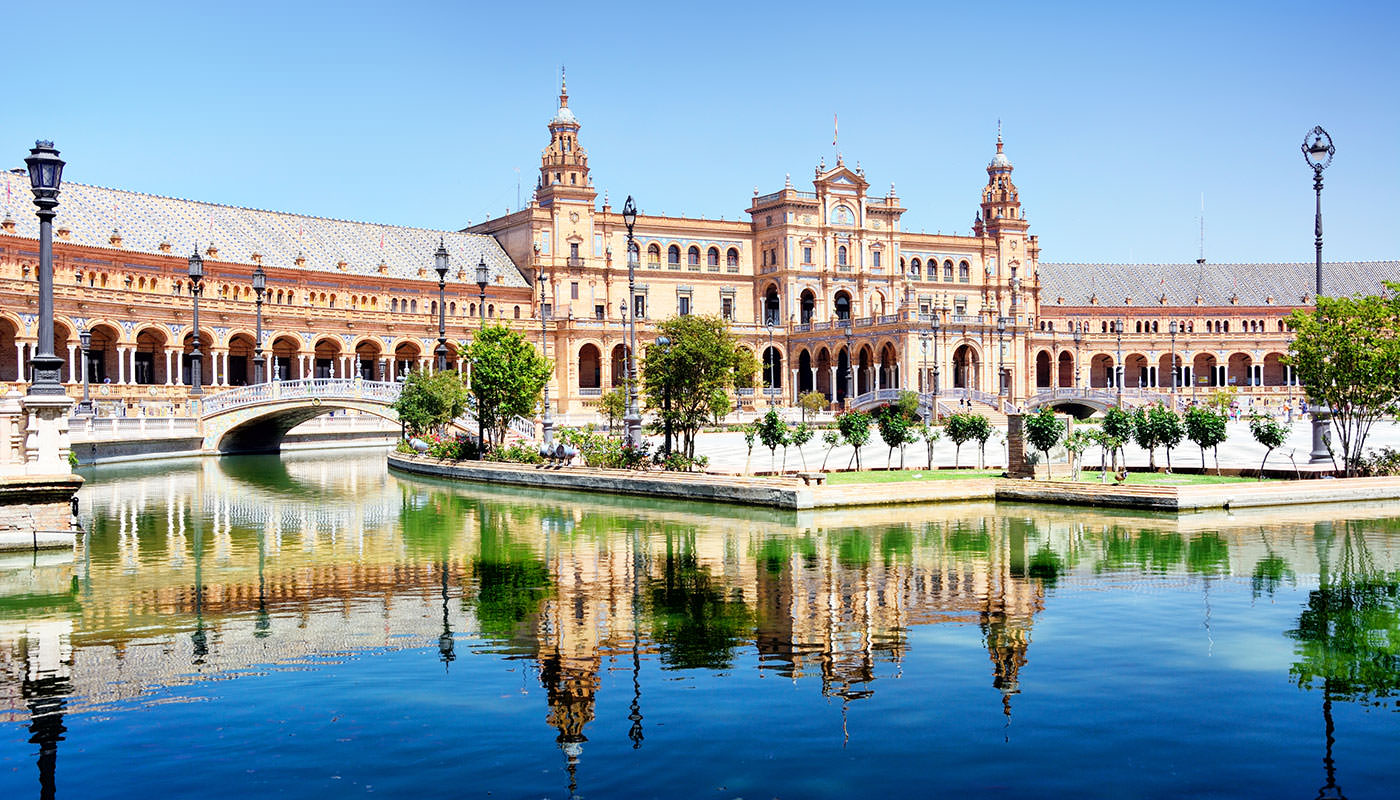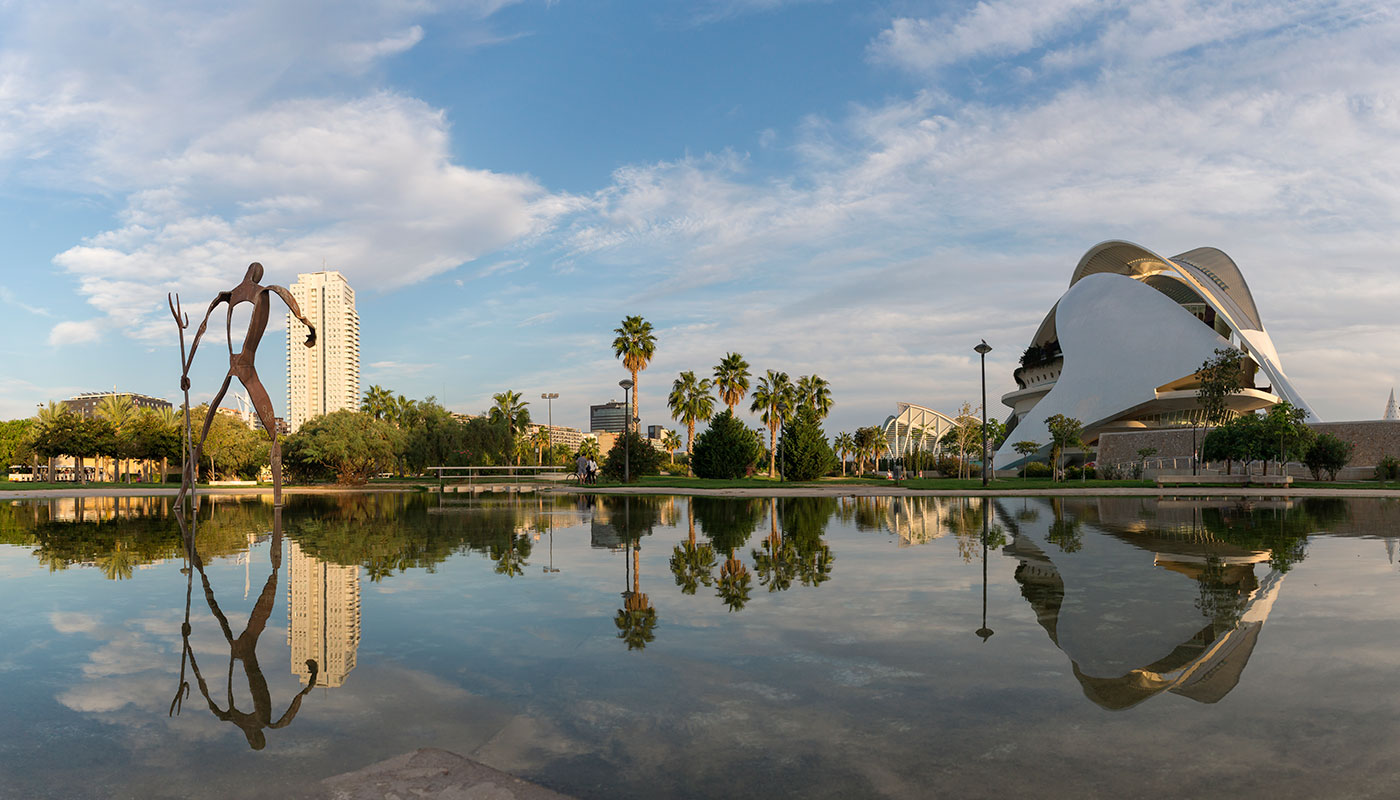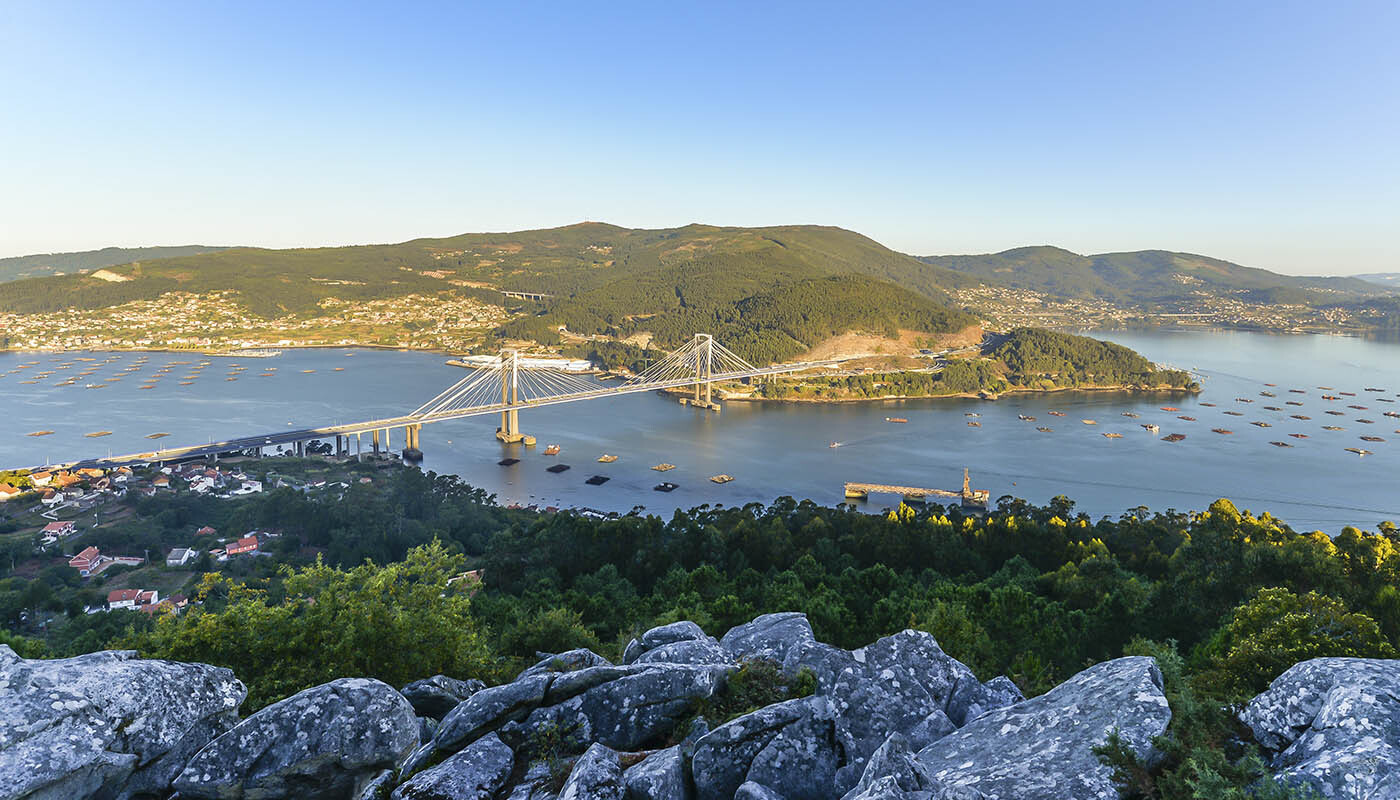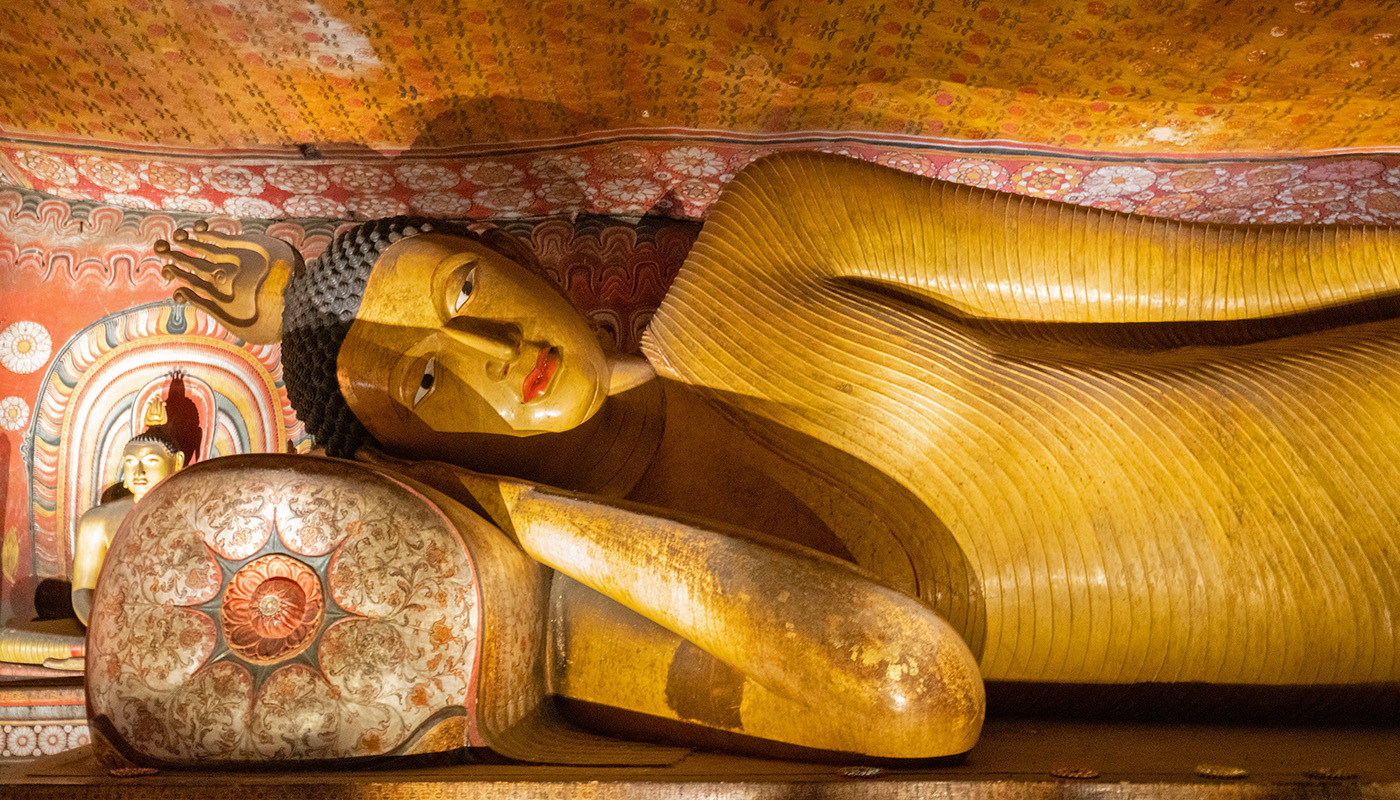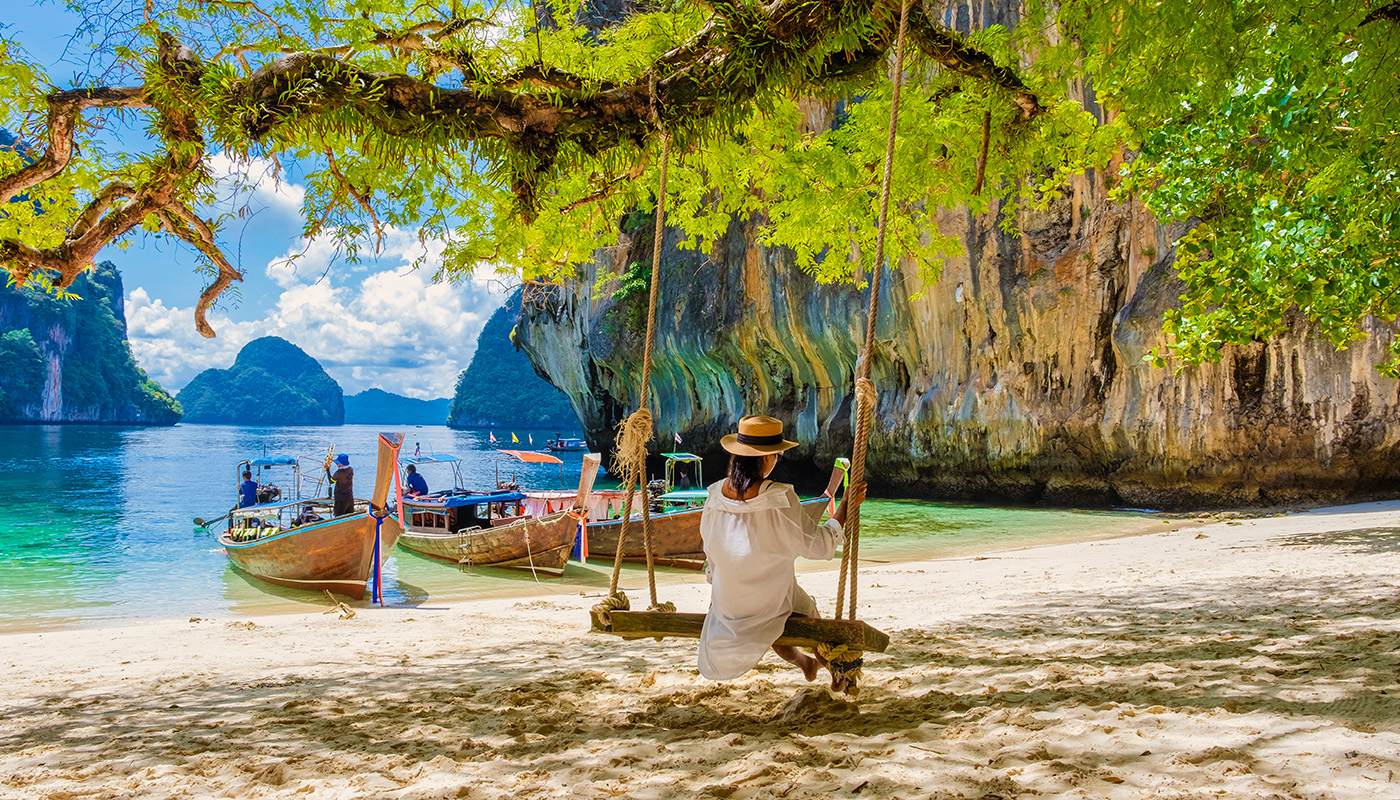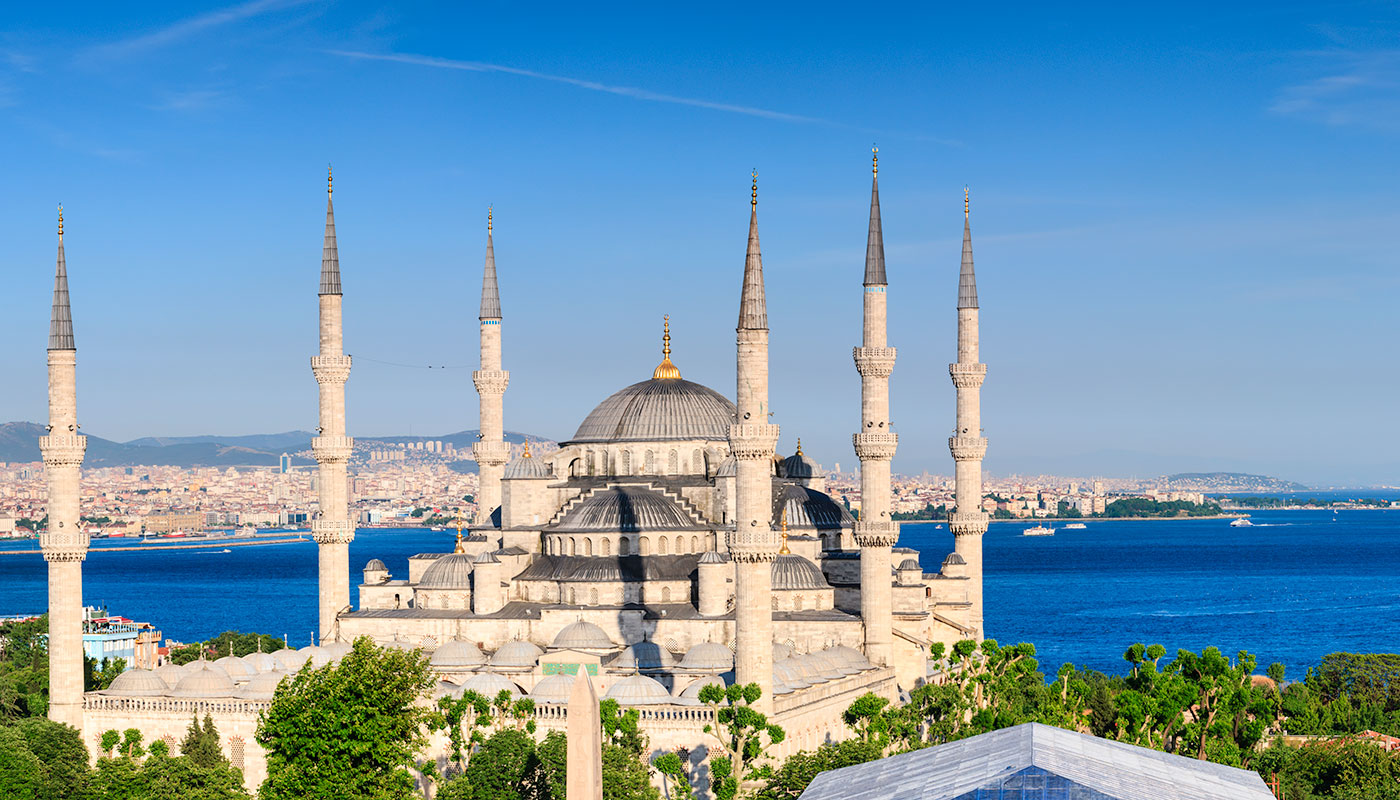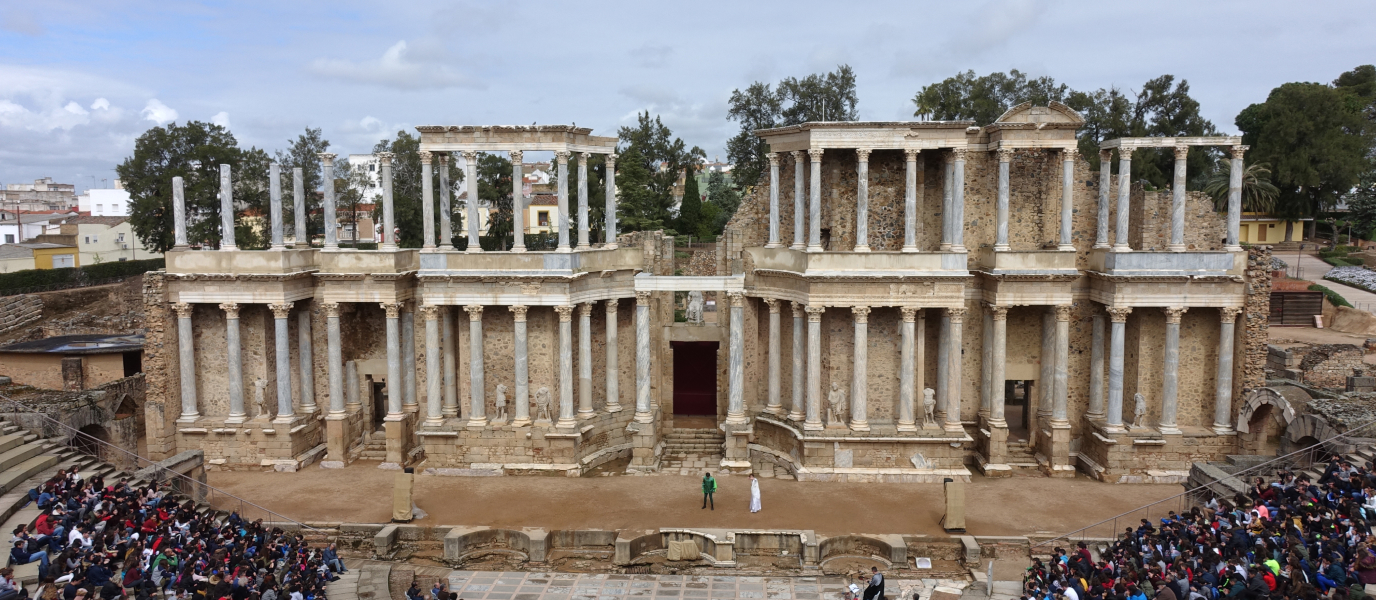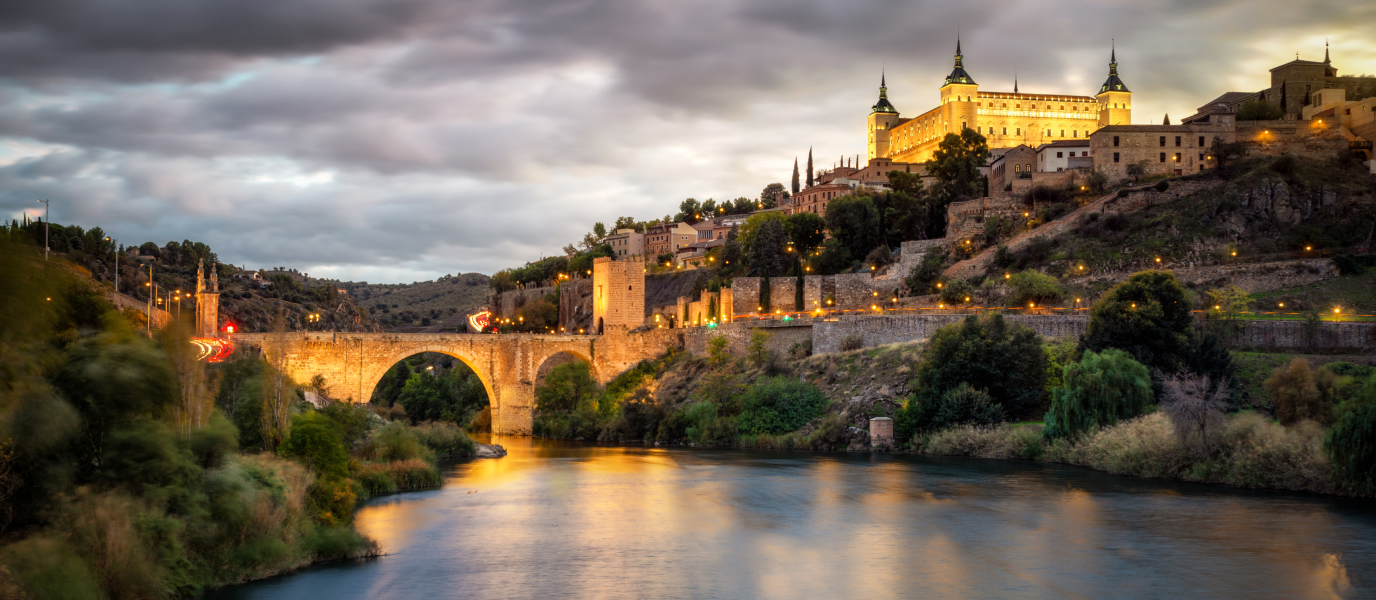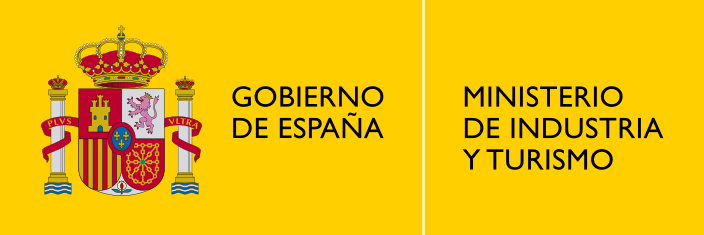The Mérida Classical Theatre Festival provides an unparalleled cultural and historic experience where visitors are spoilt with impeccably staged Greco-Roman comedies and tragedies in one of the world’s oldest and best conserved Roman theatres.
However, the festival is not just about the performances it puts on during the months of July and August. In fact, the city offers a comprehensive classical activity programme which can be enjoyed in a range of formats, including conferences given by subject-matter experts; performing arts and entertainment workshops; expositions; parades; and theatre workshops for aficionados.
In short, Mérida is a cultural explosion of the classics and the performing arts, a definite ode to this city’s historic performing arts legacy.
The International Classical Theatre Festival of Mérida
The International Classical Theatre Festival of Mérida is the oldest and most important of its kind in Spain. In fact, it festival dates back to 1933 when it put on its first production of the ancient Greek tragedy Medea, starring Margarita Xirgu, a revered Spanish actress.
The festival was suspended when the Spanish Civil War broke out and it didn’t resume until 1953. Since then, it has carved itself a reigning spot in the cultural and social landscape, making it an annual not-to-be-missed event.
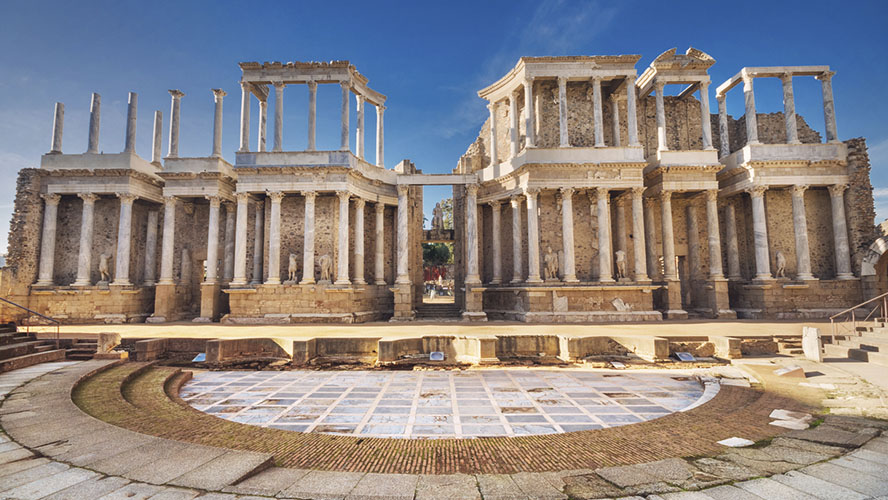
Thousands of Spanish and foreign theatre lovers flock to Mérida every summer to watch performances of the most exalted Spanish and Greco-Roman tragedies and comedies under the stars.
The festival leads a pack of other stellar classical theatre festivals taking place in Spain. This includes the festivals of Almagro (Ciudad Real),
The festival may put on classical plays but that doesn’t mean it isn’t in tune with the latest performing arts trends. In fact, many of the theatre companies who take part in the festival stay true to the original texts but bring a stunning creative twist to the stage design.
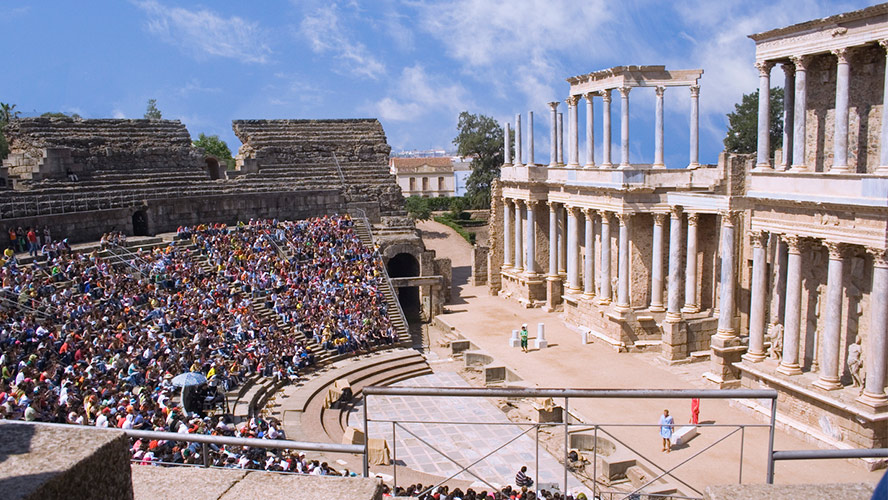
The festival runs from June and August every year. Performances take place at night time, when the scorching sun that beats down on Mérida during the daytime abates, giving way to a pleasant evening temperature.
The festival also offers an alternative programme, Festival de Mérida Off. It features various theatrical performances in the Temple of Diana, blending classical Roman and Renaissance art to disseminate the culture of the classics.
The Classical Theatre of Mérida
The Roman Theatre of Mérida is not just one of the main sights in Mérida, it is also the festival’s main stage. The theatre was built between 16 and 15 B.C., more than 2,000 years ago.
The theatre’s impressive size is a testament of the importance the Roman city of Augusta Emerita, capital of Lusitania (present-day Mérida) had within the Roman Empire. The theatre can seat up to 6,000 spectators and part of the grandstands was built into the slope of the hill, just like the Greeks did centuries before to save on construction costs.
With the decline of the Roman Empire and the arrival of other factions, the theatre was eventually abandoned, falling into ruin and covered with earth.
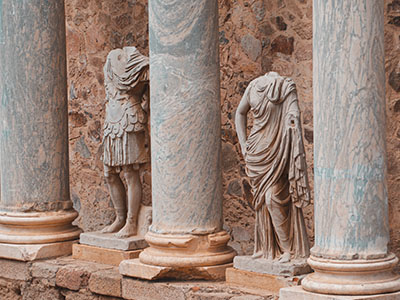
In fact, when excavations began in 1910, only the upper tiers of seats had remained visible. The site had been dubbed by locals as the ‘The Seven Chairs’. The excavations were led by the Spanish archaeologist José Ramón Mélida, and he and his team were able to excavate most of the ancient building, including the stage comprised of the 30-m high wall of the scaenae frons (the permanent stage backdrop) and several statues of deified Roman emperors between the columns. A seated statue of the goddess Ceres adorns the central stage opening, which experts believe to be a deified representation of Livia, wife of the Roman Emperor Augustus, after whom the city was named.
The festival outside Mérida
The festival has sought for some years now to promote and bring this cultural event to other cities in the region and the country. The objective is to promote other cities in the region and showcase the incredible Roman monuments so few people know about, while offering the festival’s spectacular performances. Medellín (Badajoz), Regina (Badajoz), Cáparra (Cáceres) are examples of towns that have hosted the festival, with some performances being held in Regina’s Roman Theatre.
The festival has not only expanded into other parts of the region but also into other parts of the country. For example, the festival travelled to Tarragona (Catalonia), a city with important Roman roots, in 2019; and even to Madrid, where some of the most popular plays were performed at the incredible Bellas Artes Theatre, which was a huge success.

